All right. Rob C. came to Winnipeg in May with a lovely early edition book for me: Turn Left At Orion. I hadn’t look at it much until this past weekend at the CAO…
In brief: I spent Thursday at Norm’s mill with Tom Leonhardt (meeting Norm White for the first time – awesome dude), and visiting with Geoffrey and Ilse. Tom spent the night at the CAO and Blake volunteered his time to show off some of the sky for Tom, who thoroughly enjoyed his visit, and also got to see and photograph the sun on Friday before driving east.
Friday was a nice night, with two newbies totally wowed. I stayed up till about 3am (saw the 2:45~ Iridium Flare), having photographed the Whirlpool Galaxy and gathered a bunch of video of Saturn with my 8″ using both Ian’s borrowed ToUCam+netbook and my planetary camera (the seeing sucked, everything was swimming, anyway).
I was super lazy on Saturday and even as I took one final nap at 8:45pm I was unsure I’d be able to pull off my goal for the night: to photograph all the main ‘summer’ entries in Turn Left at Orion using my D7000 and 8″ Edge/CGEM rig. I didn’t aim to shoot fantastic images of all these object: just down and dirty identifiable so that I could have a project for the night, and get to know a bit of the night sky.
I did it! While the book quite wonderfully includes sketches of what each object would look like through a finder scope and low powered eye piece with a 3-4″ scope, all my photographs were shot at prime: so the relative scale of each object is consistent across the images.
Some bits and pieces:
- after confirming my polar alignment was still good, doing a 2+4 alignment/calibration, and shooting some dSLR video of Saturn (much more still last night), someone must have wiggled the power supply because the mount reset itself and lost its alignment. I was annoyed, but took the opportunity to re-do it as accurately as I could since most of the ‘summer’ objects would not be visible outside of exposures
- I used my 12.5mm cross hairs eyepiece and left the objects unfocussed. I found the big target of the shadow of the secondary mirror to be very helpful in centering in the cross hairs. This was good, since in the end, everything slewed in frame (though I did wing some minor slow slew tweaking to better position some objects).
- I first slewed to Arcturus and used it to focus. By object 6, M6, the mount flipped over the meridian, and I lost my focus. Blake helped me find a star on the same side to re-focus on (Nunci), and by the time I’d focuseed, M6 had crossed the meridian again, so another flip. At around this first flip, Blake suggested I used my focus lock on the SCT – and my focus was really great for the rest of the session.
- All in all, the scope flipped 10 times. 10 times. The final 8 or so objects were up high, so I was sitting on the concrete pad to see the lcd. Ian had loaned me a table and stool, which were very helpful for the other objects.
- It was windy.
- Below I’ve included a few details about each object (I did not take many notes) – and each object is as-shot .jpg, in the recommended order of viewing in the book. The RAW files are on hand, and I shot dark frames for some longer exposures of the fabulous nebulas, which are LINKED HERE.
- This could become 8 total projects: each season by go-to; and each season by push-to, when/if I begin to actually learn to star hop.
Here they are! Click on any for a larger version.
1. Graffias (Beta Scorpii) – double star
2. M4 – globular cluster
3. M80 – globular cluster
4. M19 – globular cluster
5. M62 – open cluster
6. M6 – open cluster
7. M7 – open cluster
8. M22 – globular cluster
9. M28 – globular cluster
10. M8 (Lagoon Nebula) – open cluster
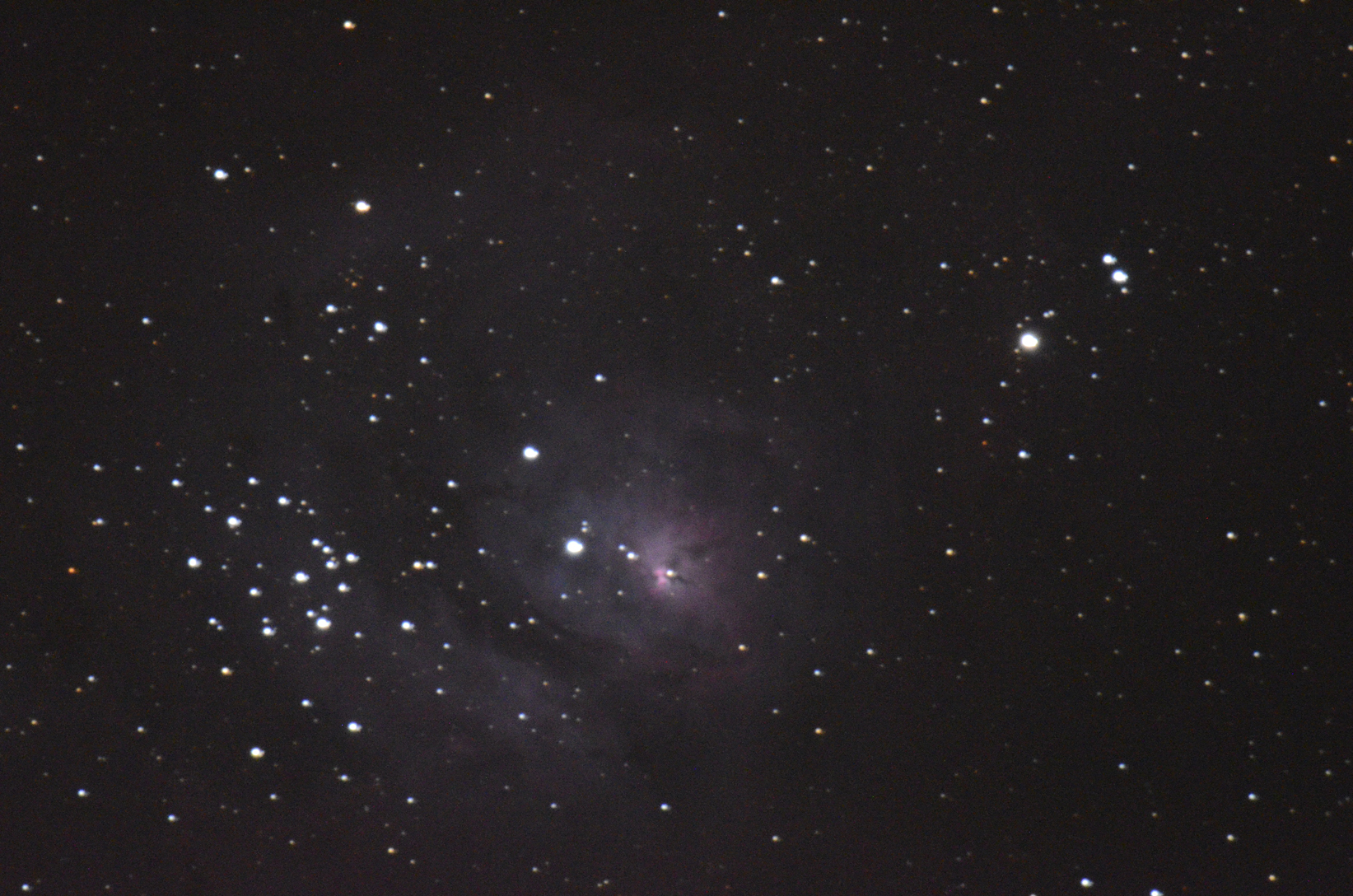
14-07-06, 12:49am. ISO6400, 30s.
wow! gorgeous pink with long dark lanes.
See bottom for stack with dark frame from RAW.
11. M20 (Trifid Nebula) – open cluster
12. M21 – open cluster
13. M23 – open cluster
14. M25- open cluster
14b. M24 – open cluster – (in the neighbourhood)
14c. M18 – open cluster – (in the neighbourhood)
14d. M17 (Omega/Swan Nebula) – diffuse nebula – (in the neighbourhood, also a main item on the list, see below (Ian: yeah, I did it twice))
15. M54 – globular cluster
16. M55 – globular cluster
17. M5 – globular cluster
18. M10 – globular cluster
19. M12 – globular cluster
20. M13 (Great Cluster) – globular cluster
21. M92 – globular cluster
22. Epsilon 1/2 Lyrae (Double Double) – double star pair
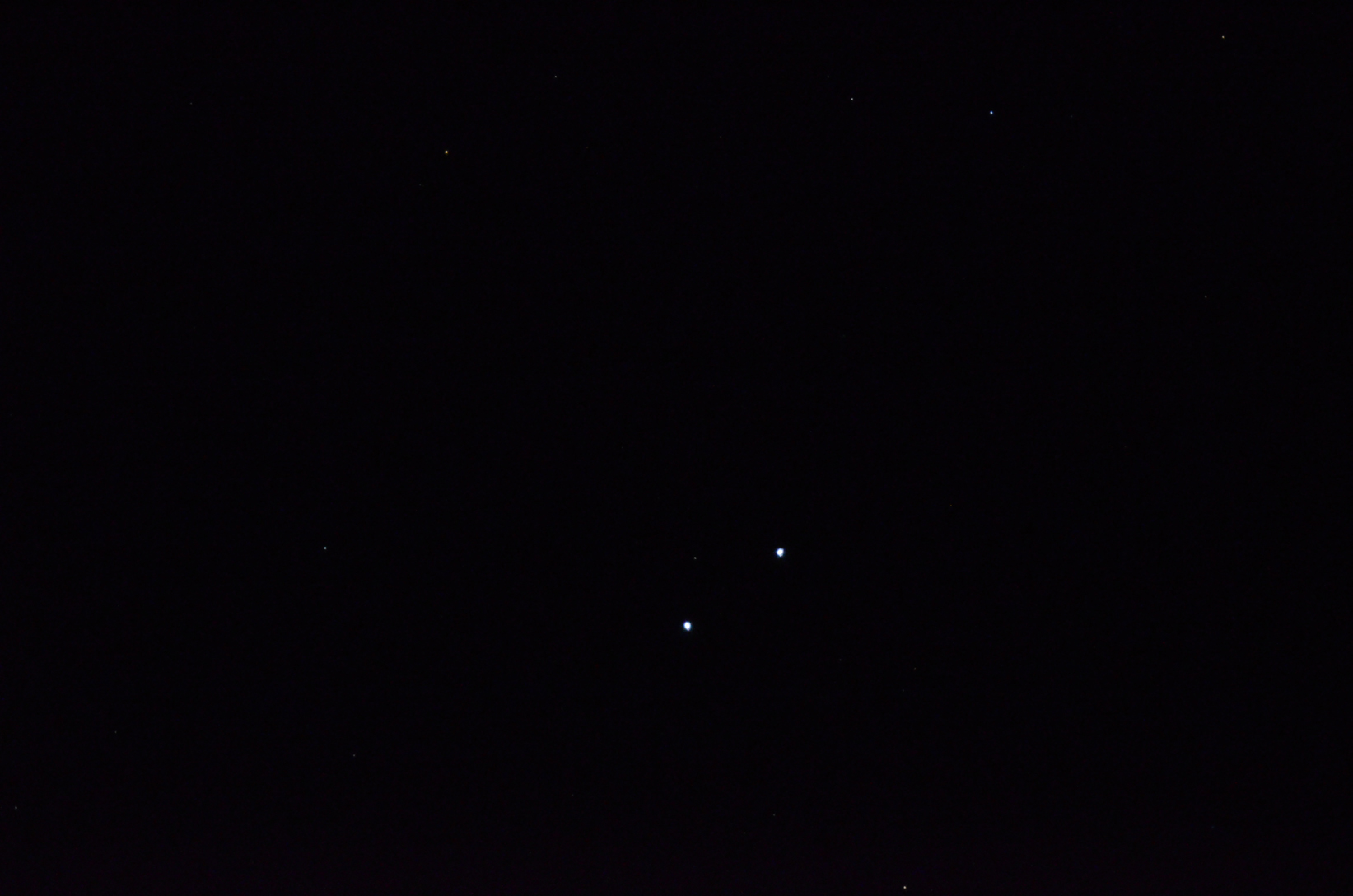
14-07-06, 1:46am. ISO6400, 1/3s.
Still not separated, but zoomed in, tiny blips of the secondaries are apparent. I was getting tired, and suppose all I needed to do was expose at 1/60 or 1/125.
23. M57 (Ring Nebula) – planetary nebula
24. Alberio – double star
25. M56 – globular cluster
26. 62 Cygni – double star
27. NGC6826 (Blinking Planetary Nebula) – planetary nebula
28. M27 (Dumbbell) – planetary nebula
29. M71 – globular cluster
30. Gamma Delphini – double star
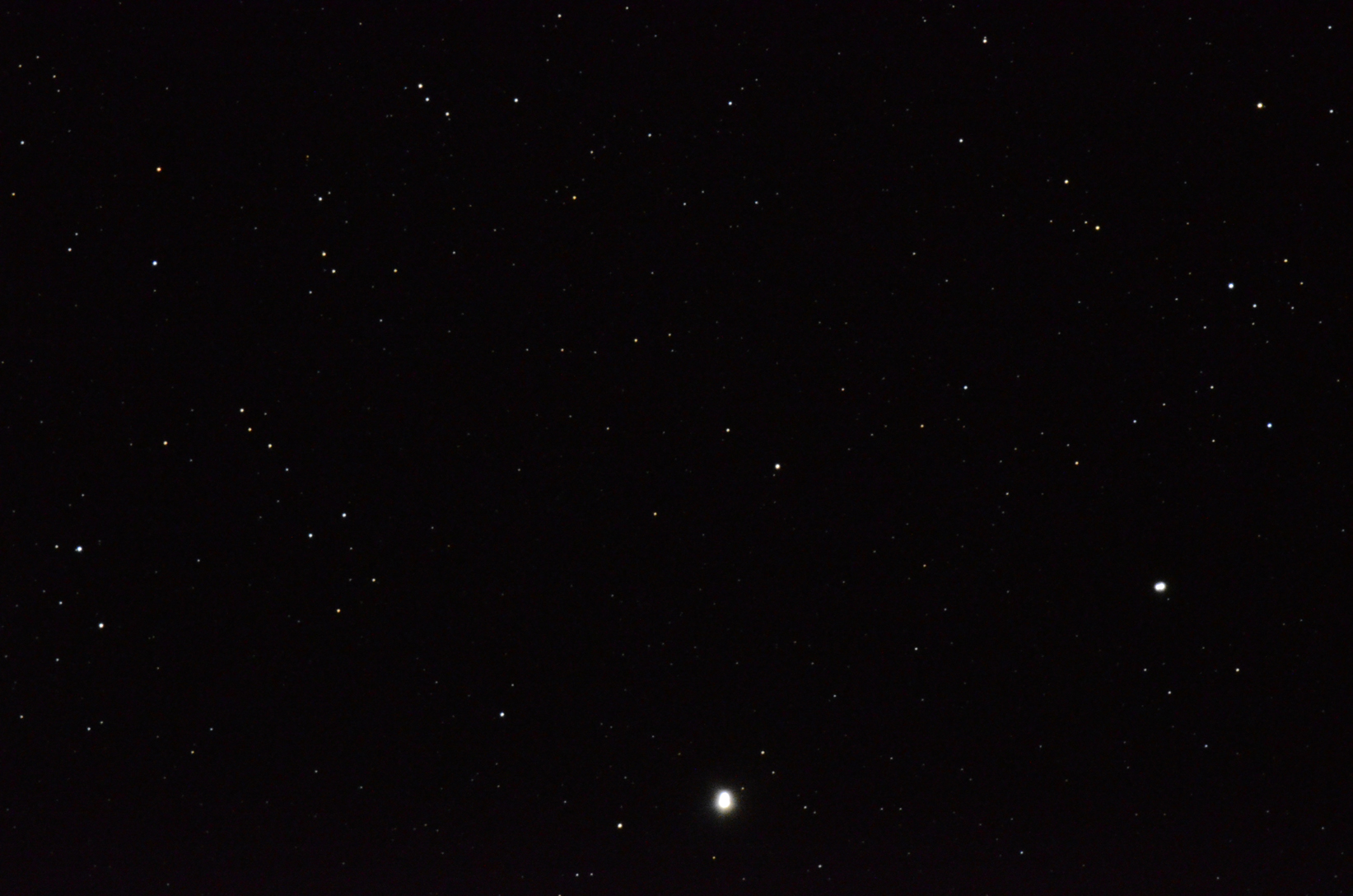
14-07-06, 2:27am. ISO6400, 10s. Don’t think I could separate this one. Also not in the Nexstar database, had to enter RA and DEC.
31. M17 (Swan Nebula) – diffuse nebula
32. M11 (Wild Ducks) – open cluster

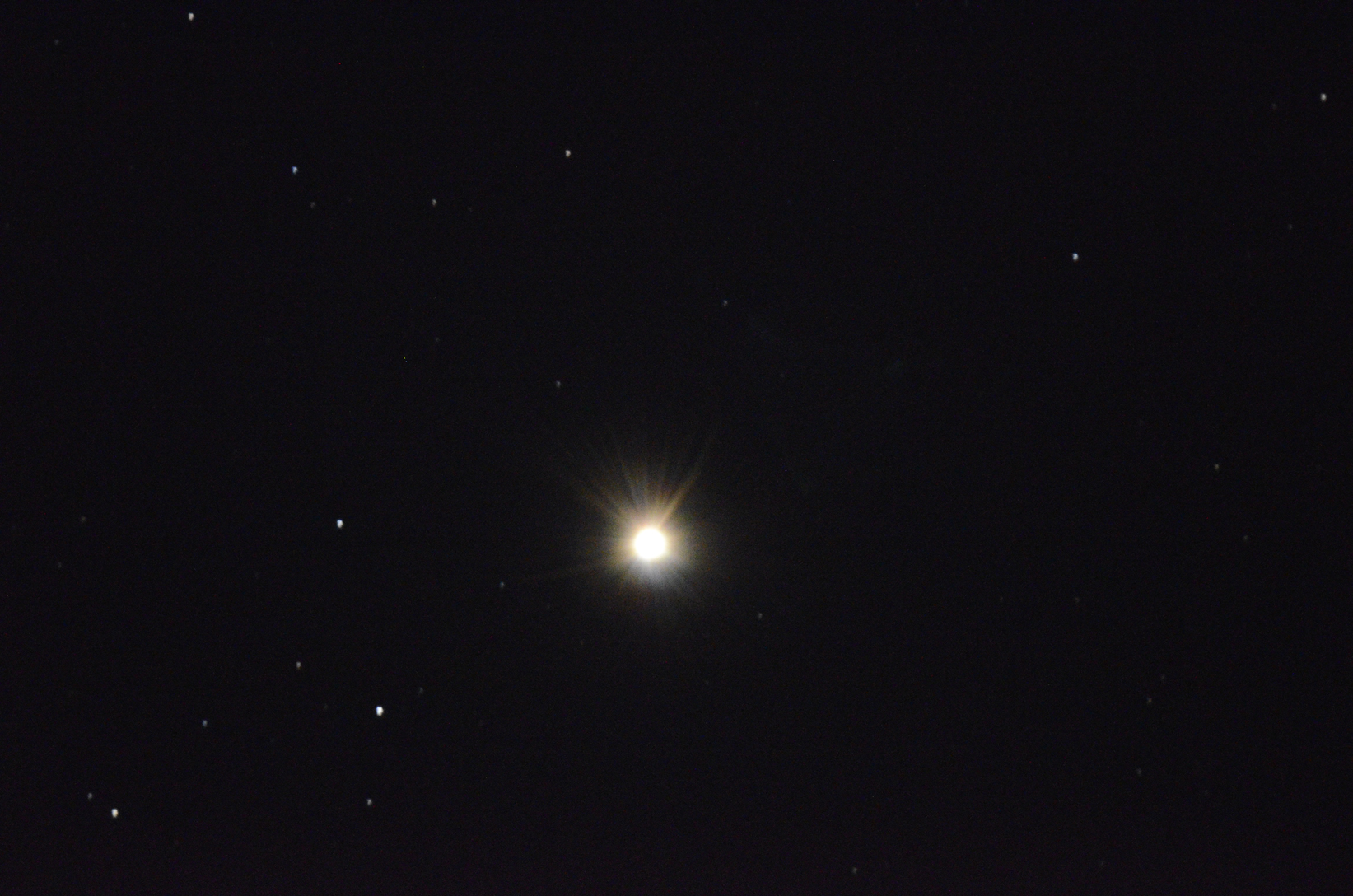
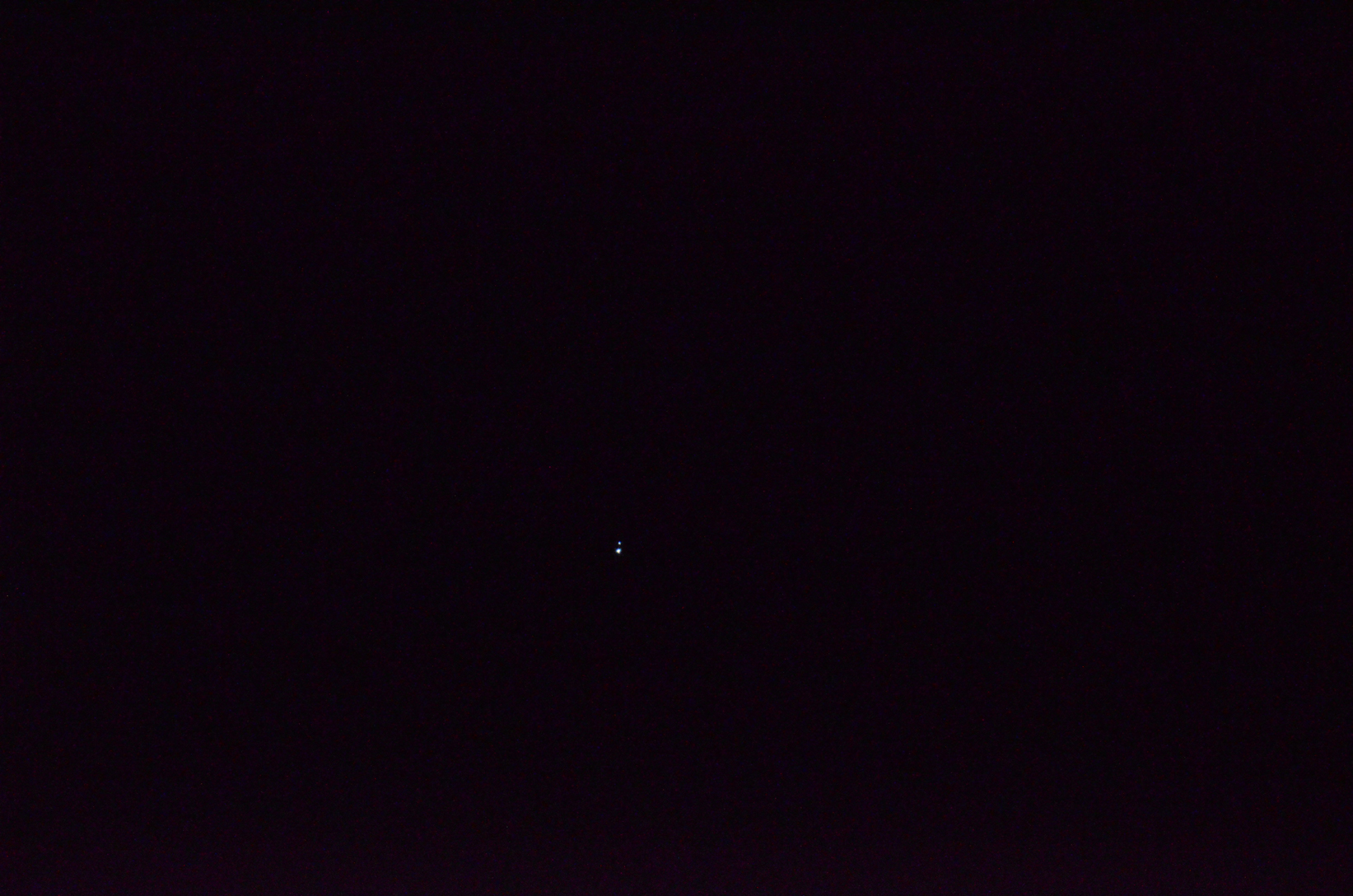
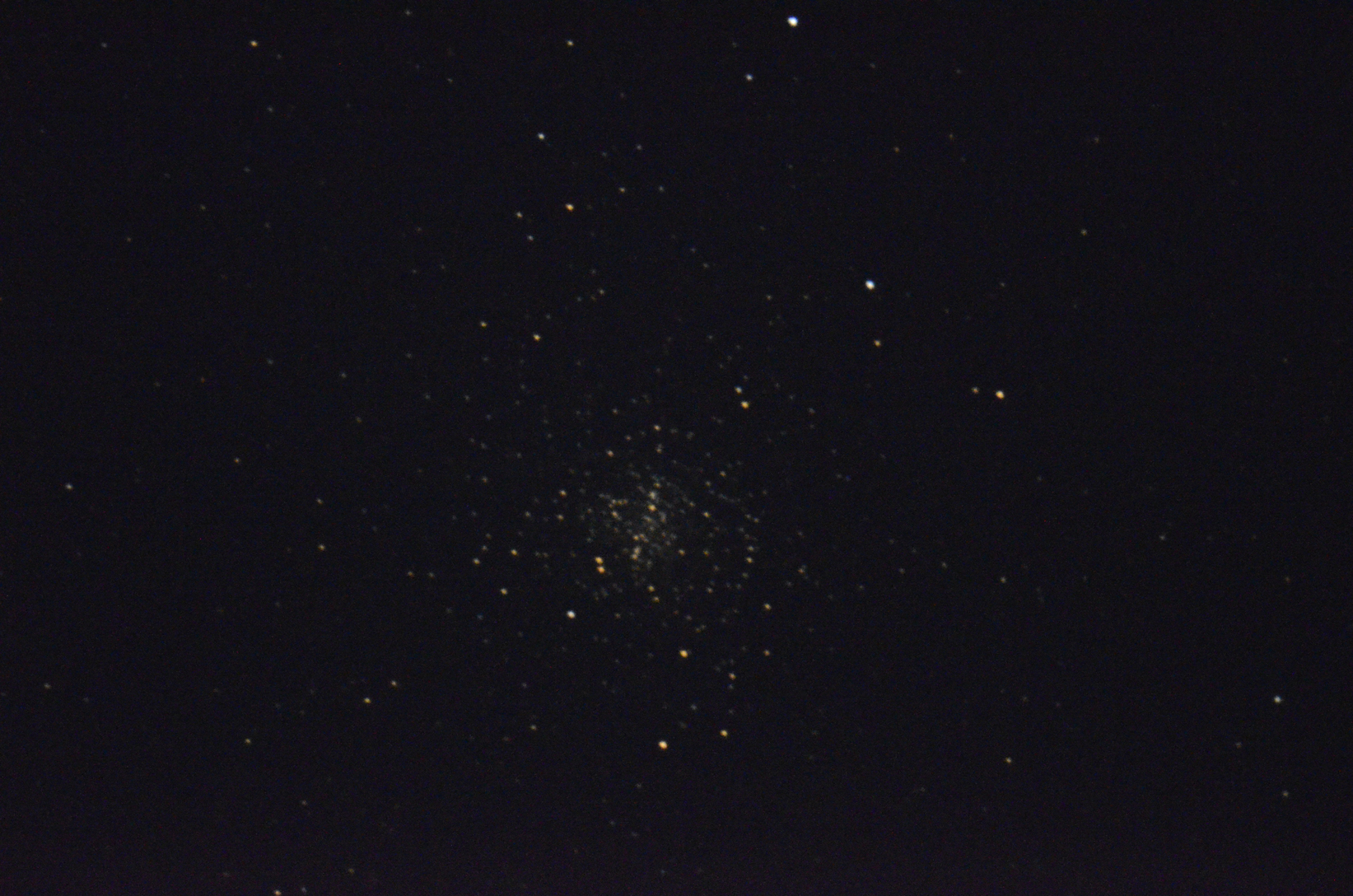
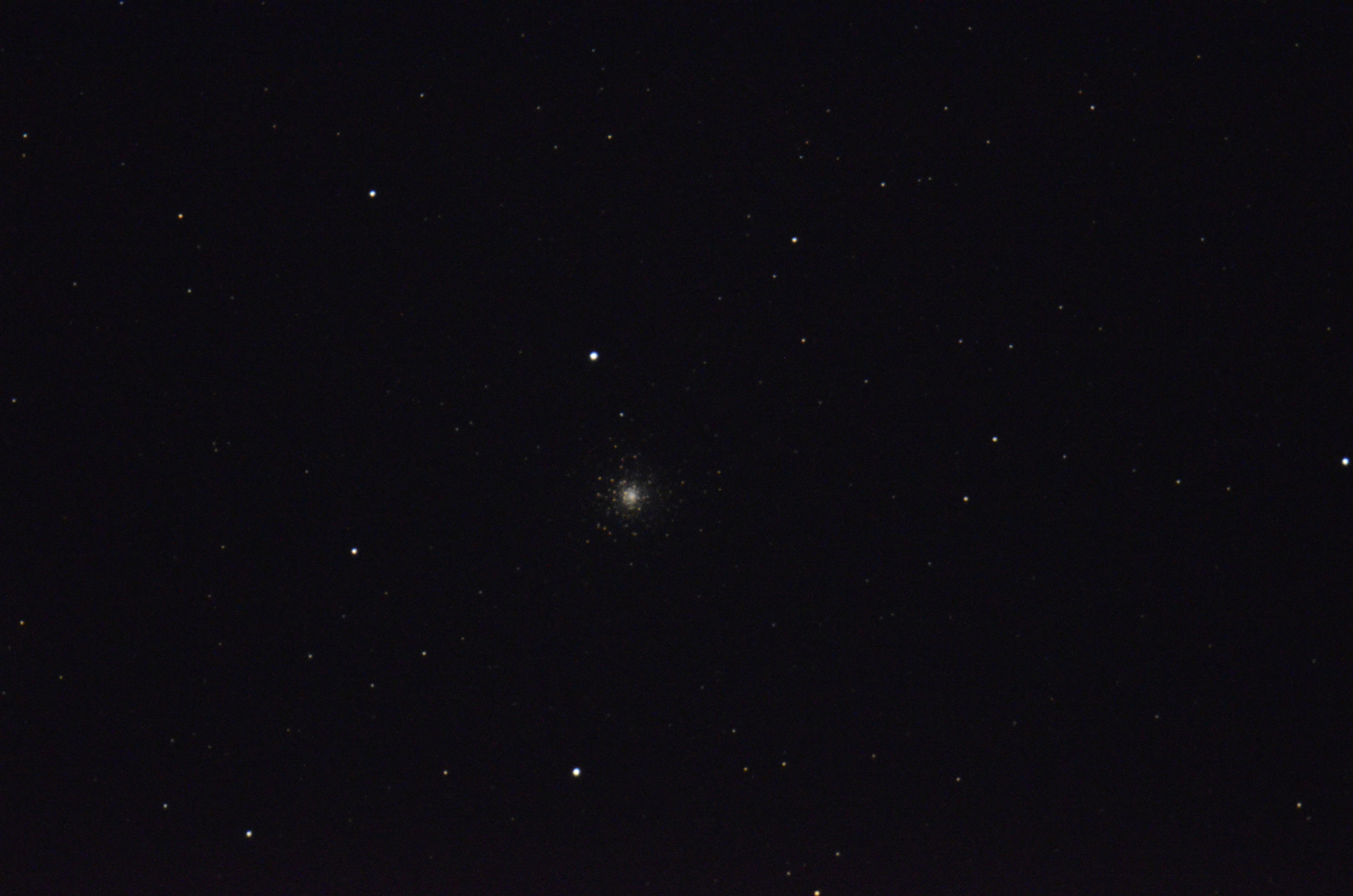
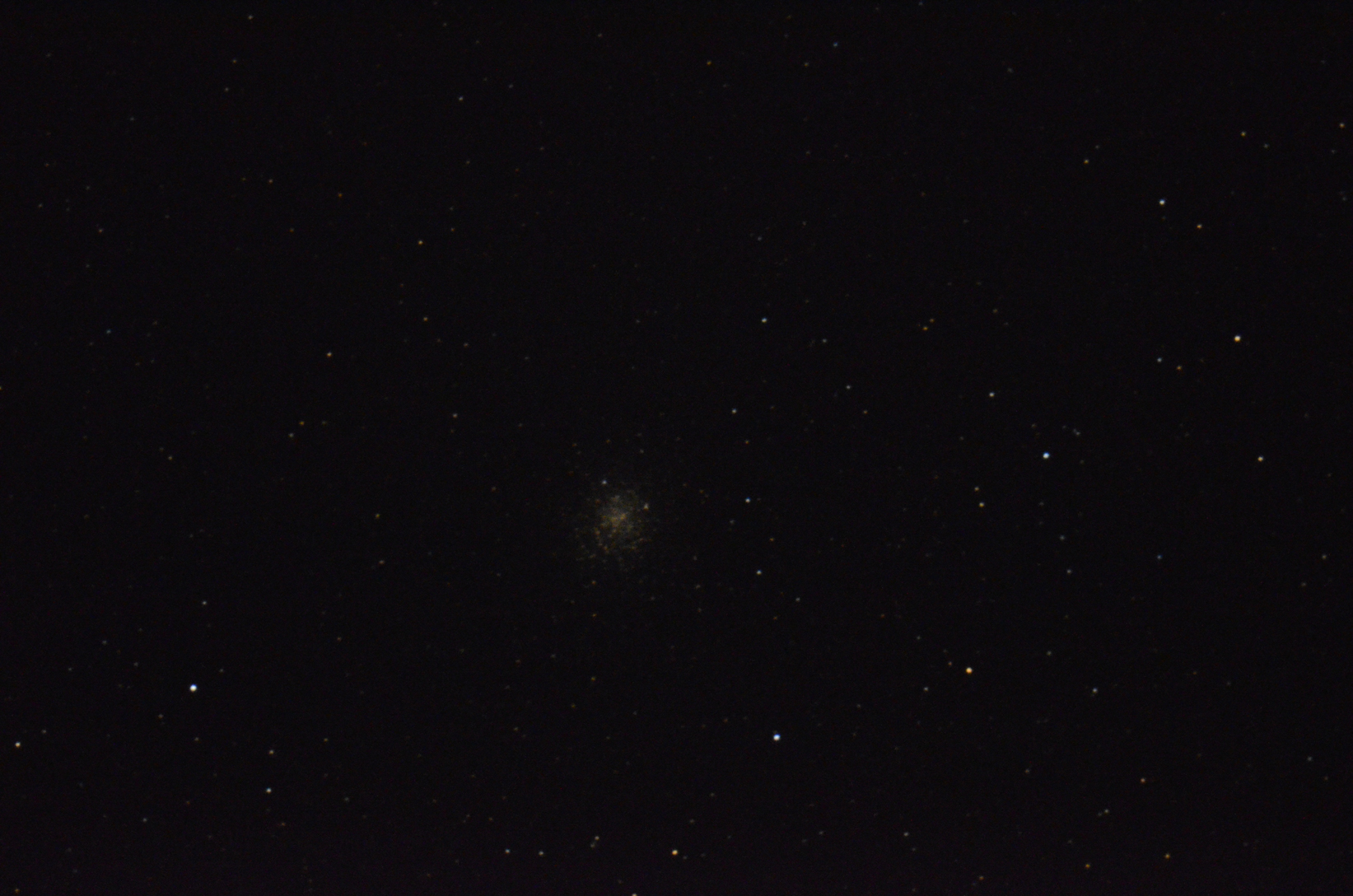
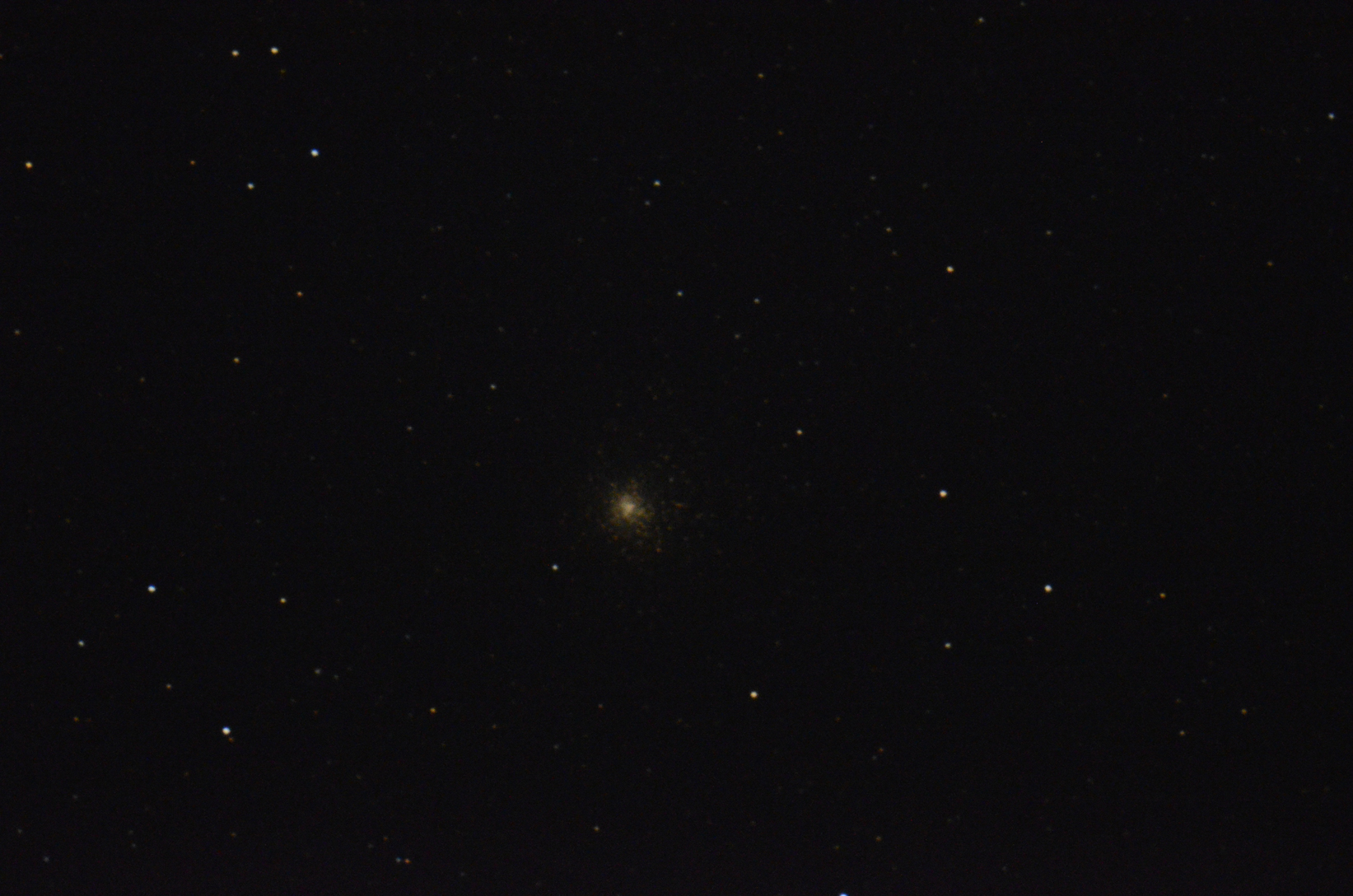
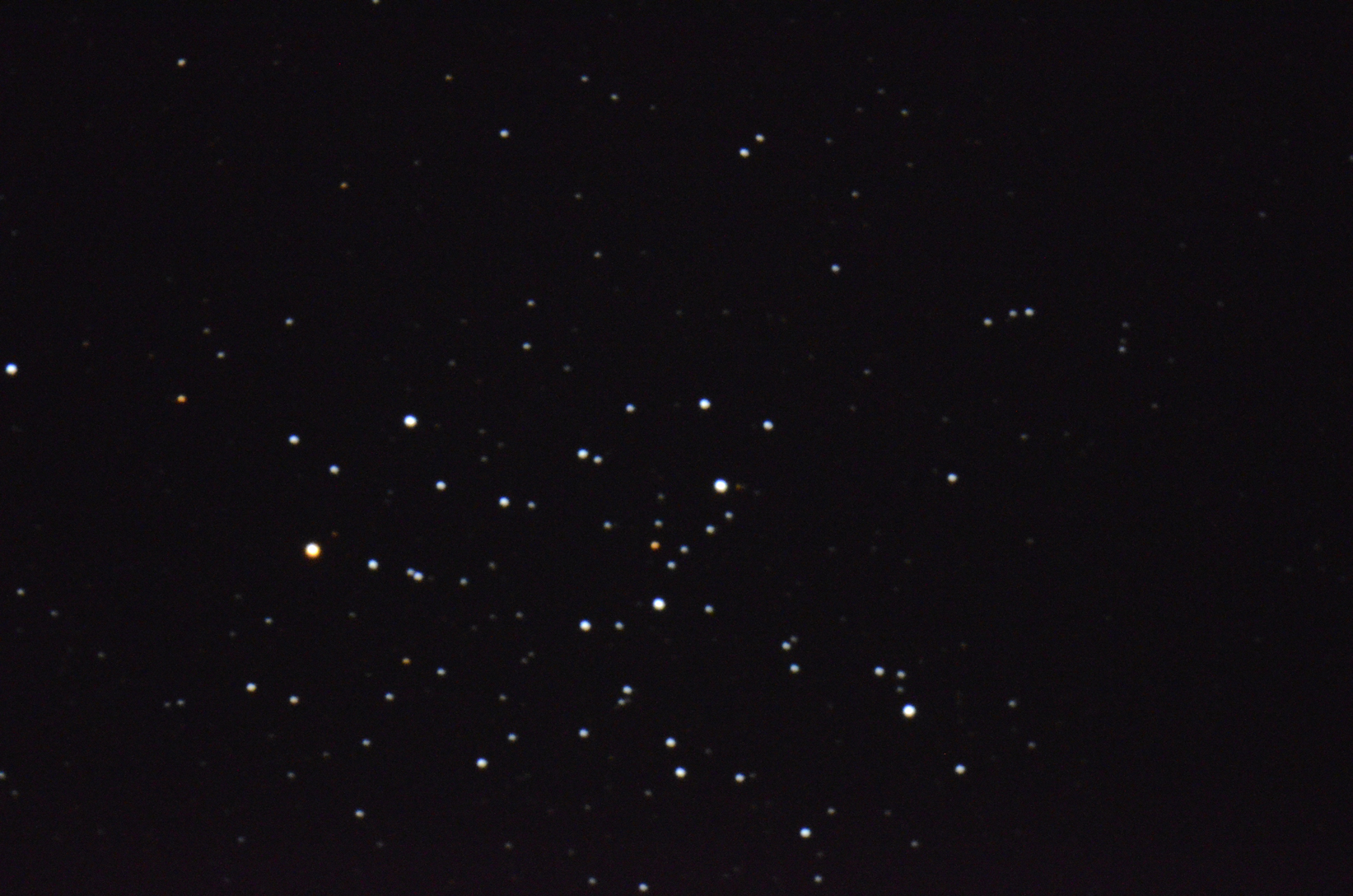
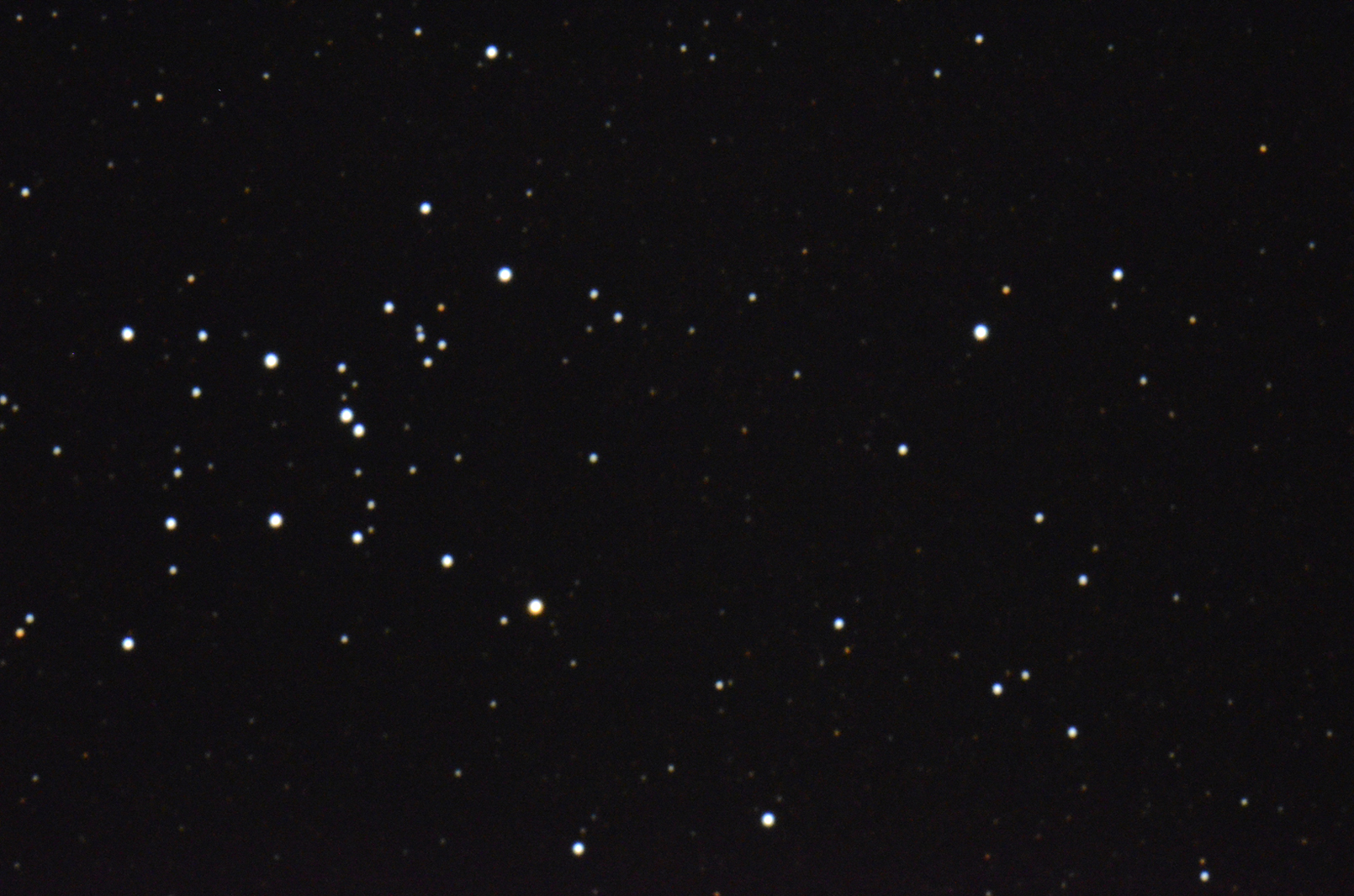
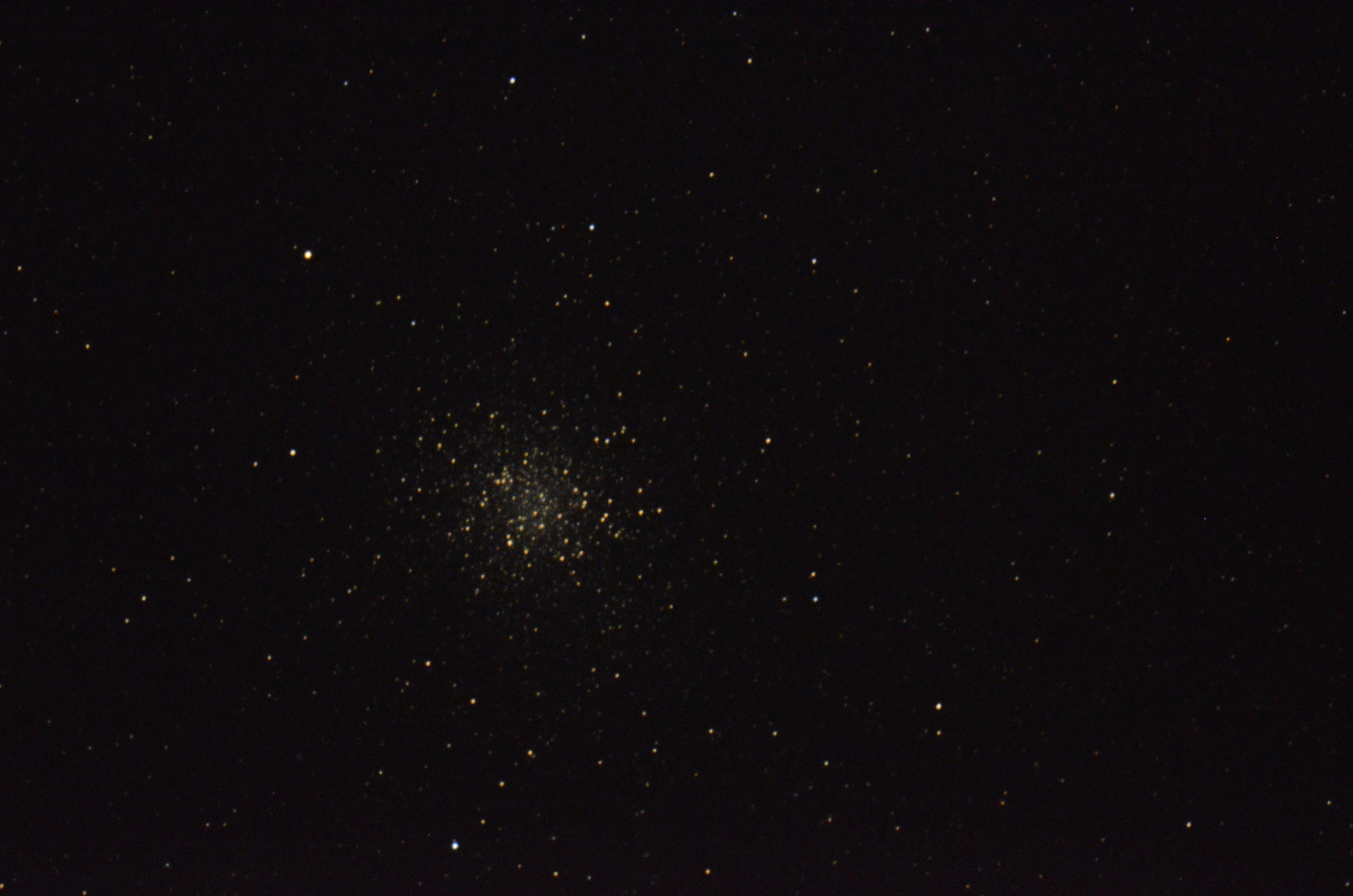
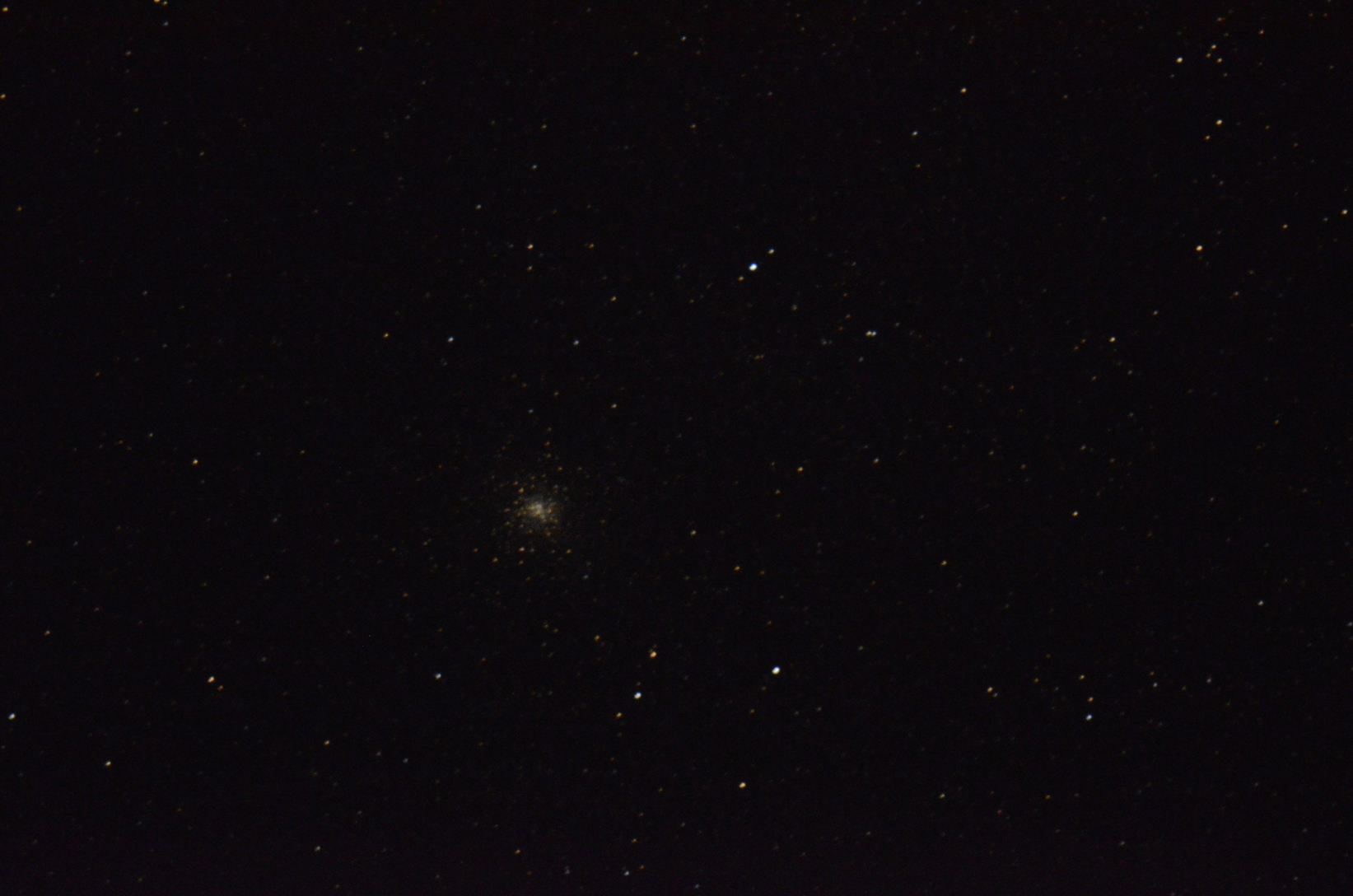
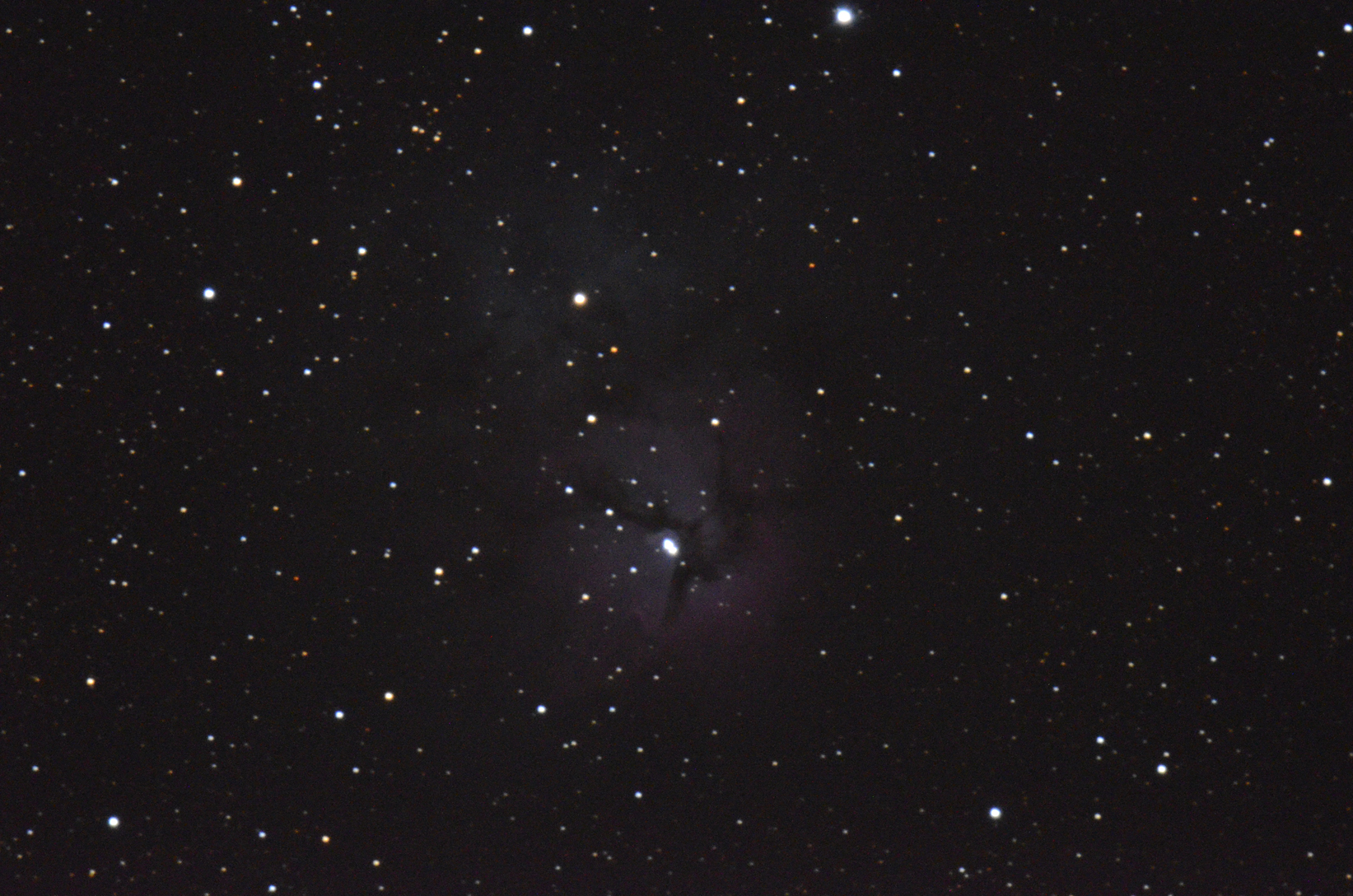
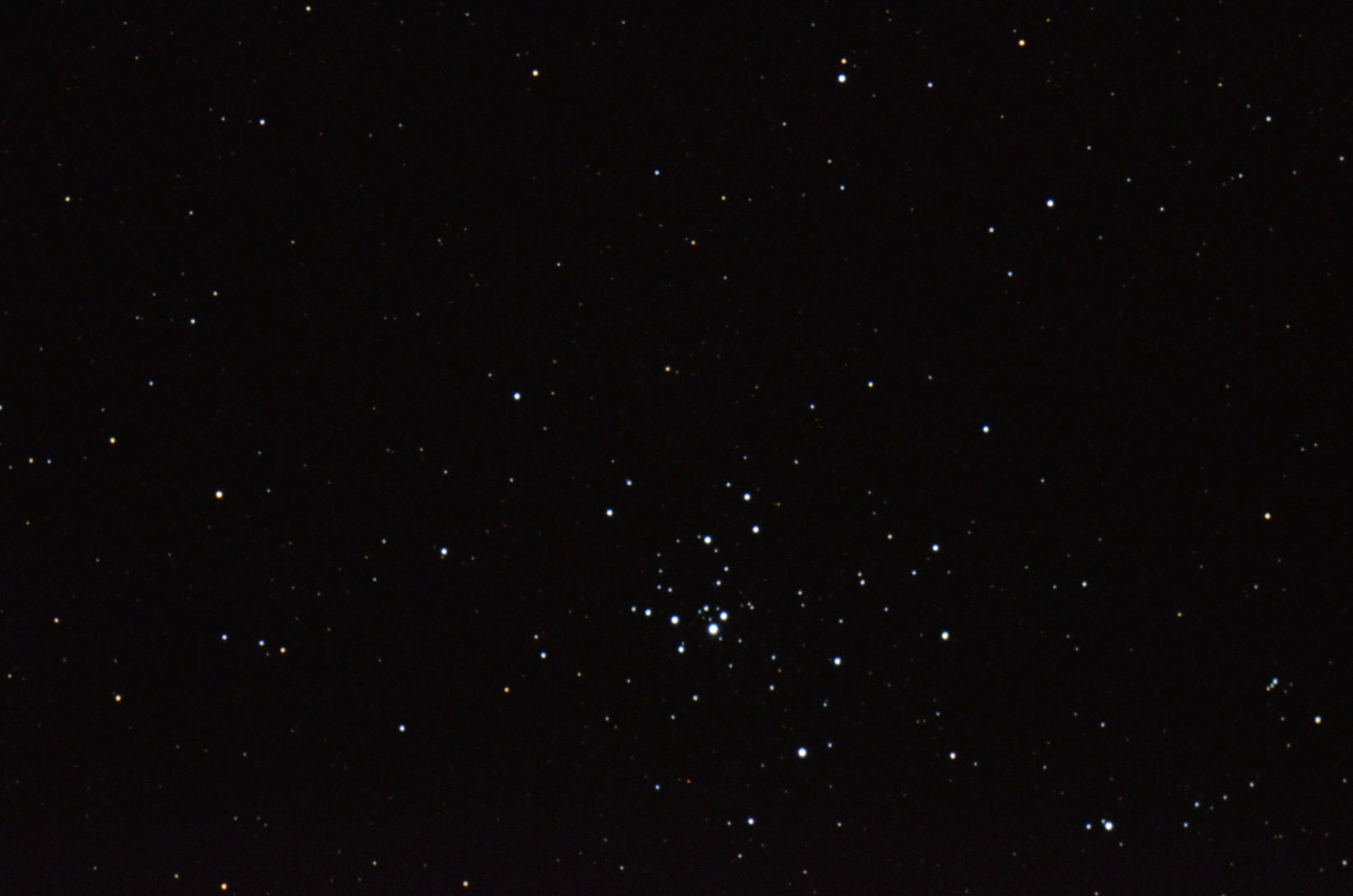
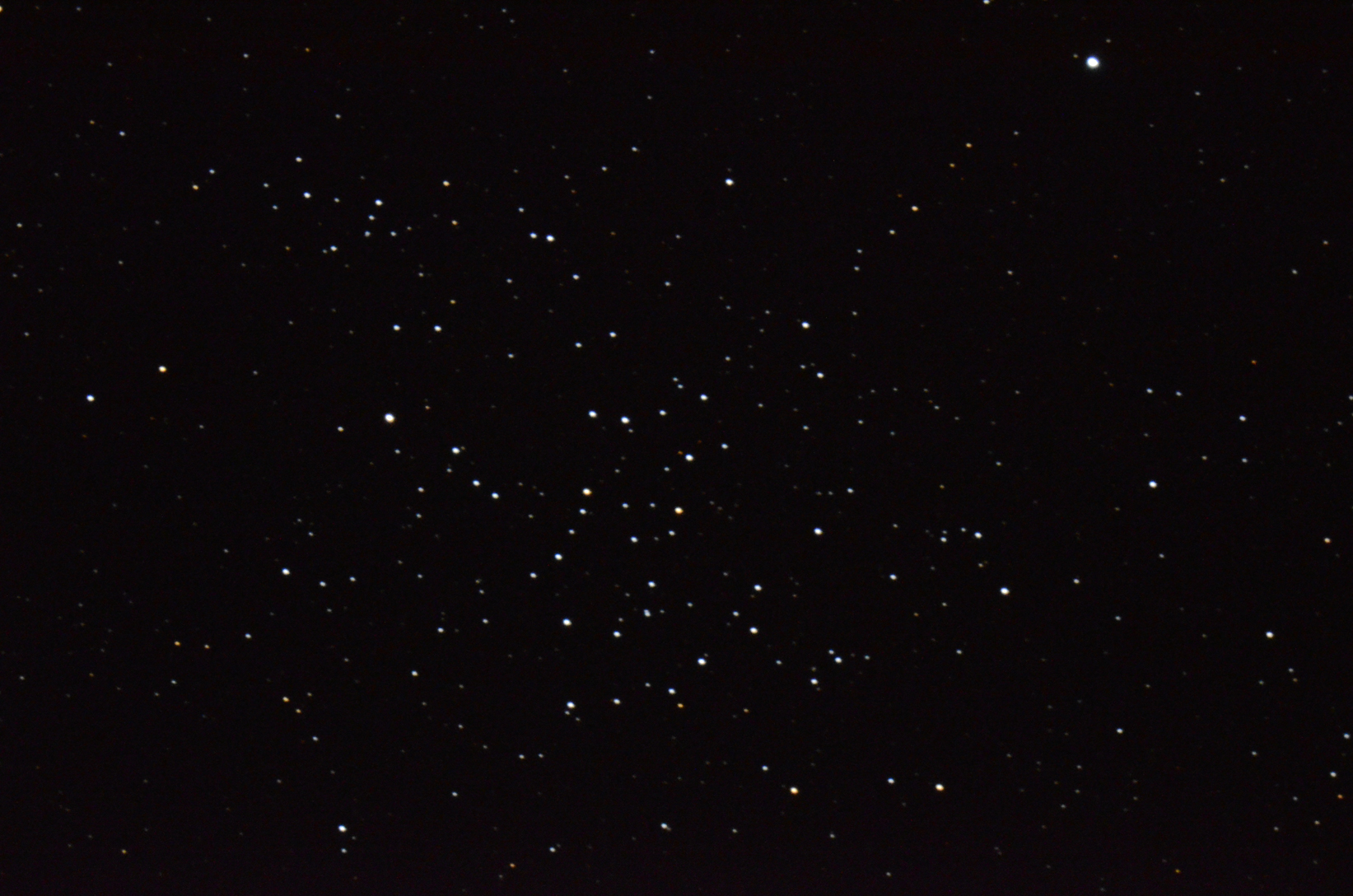
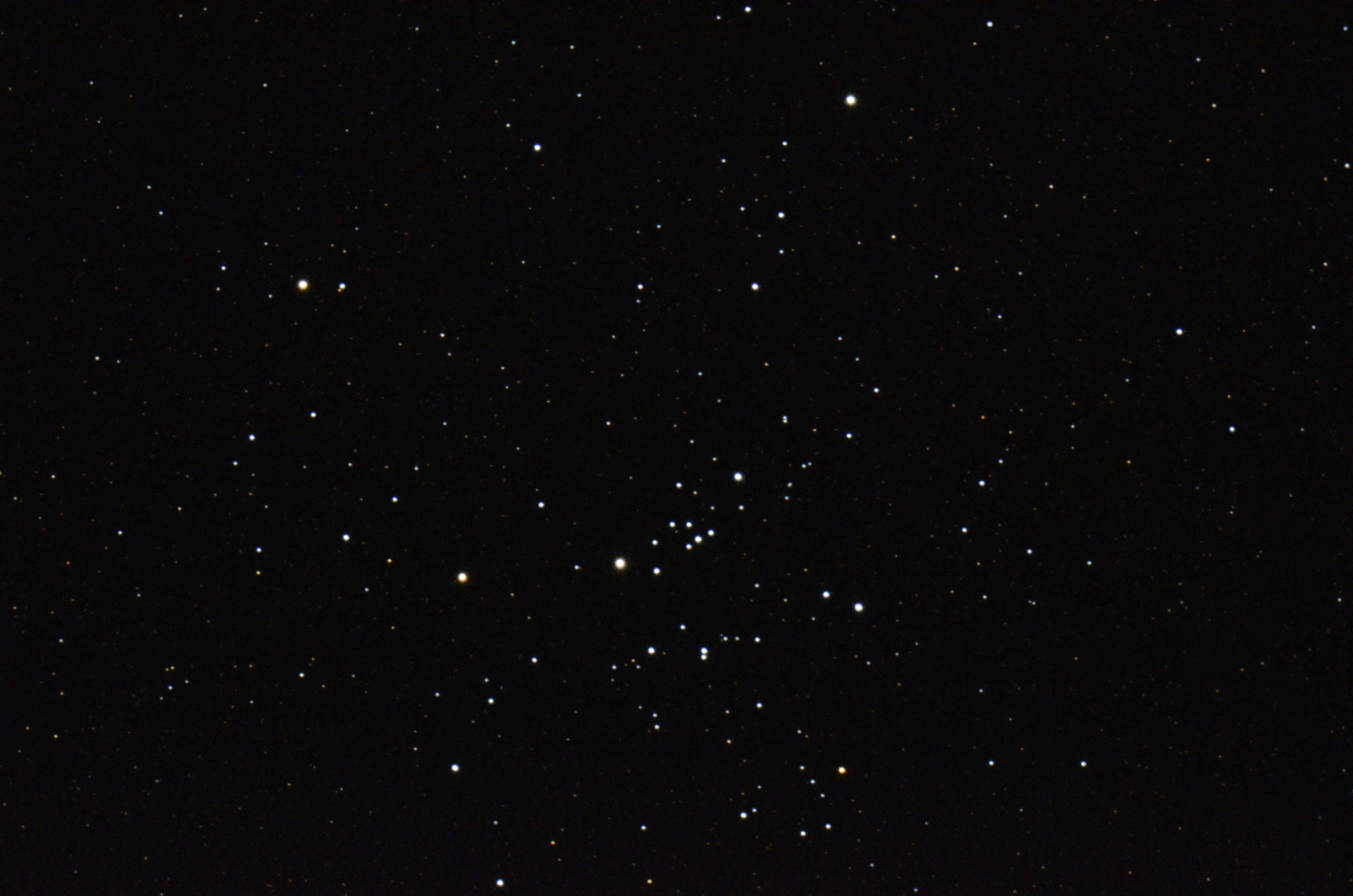
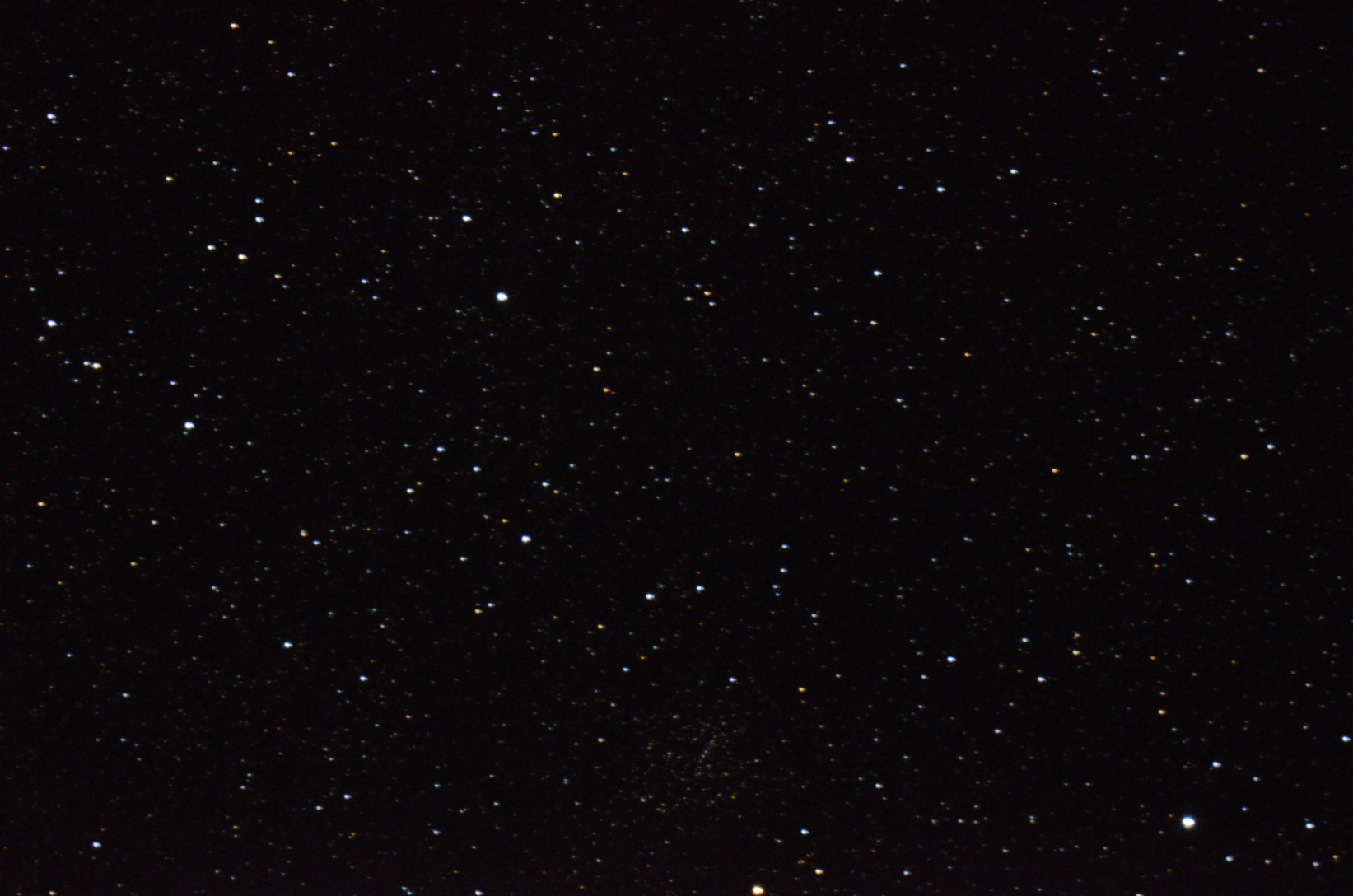
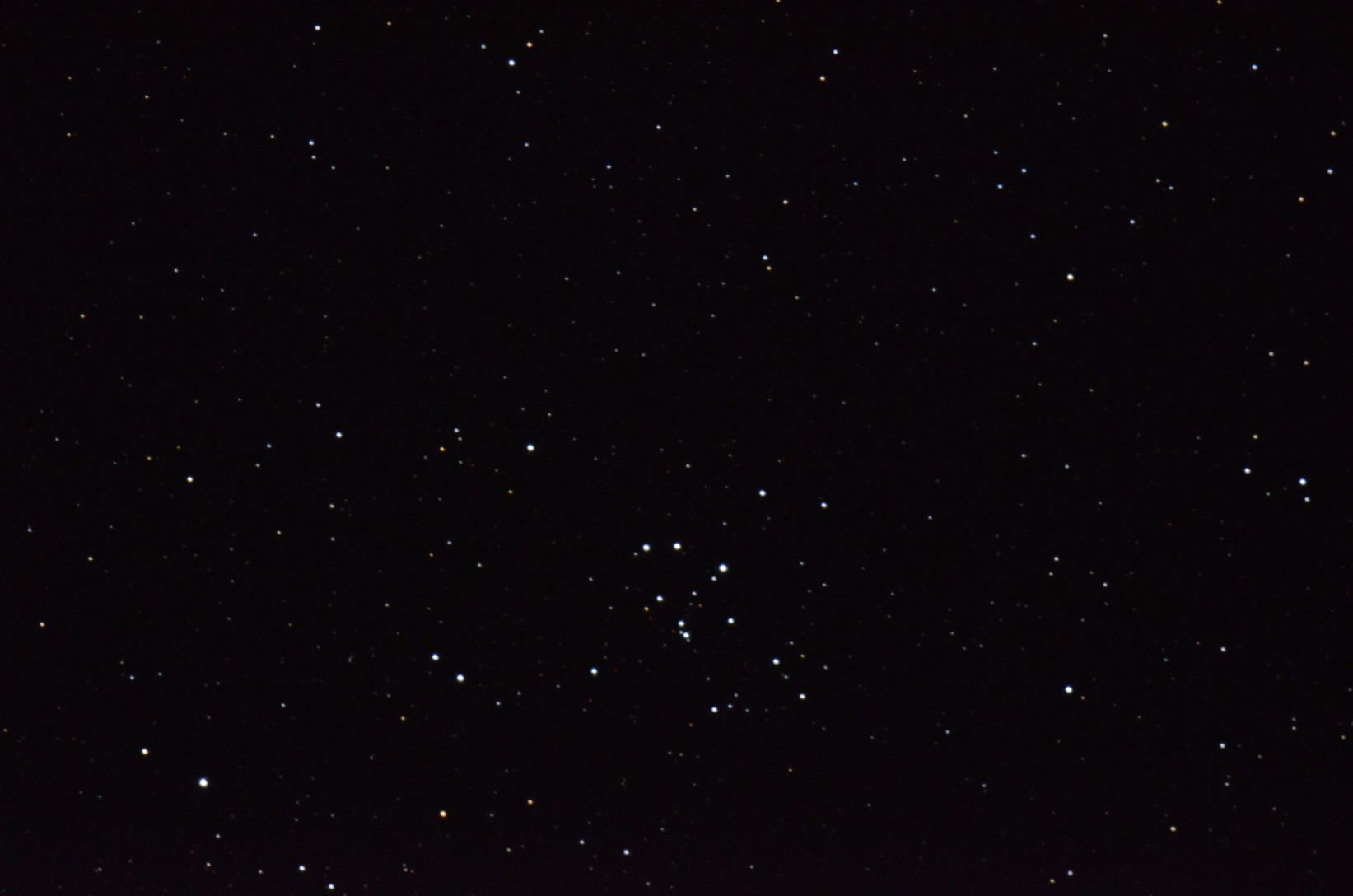
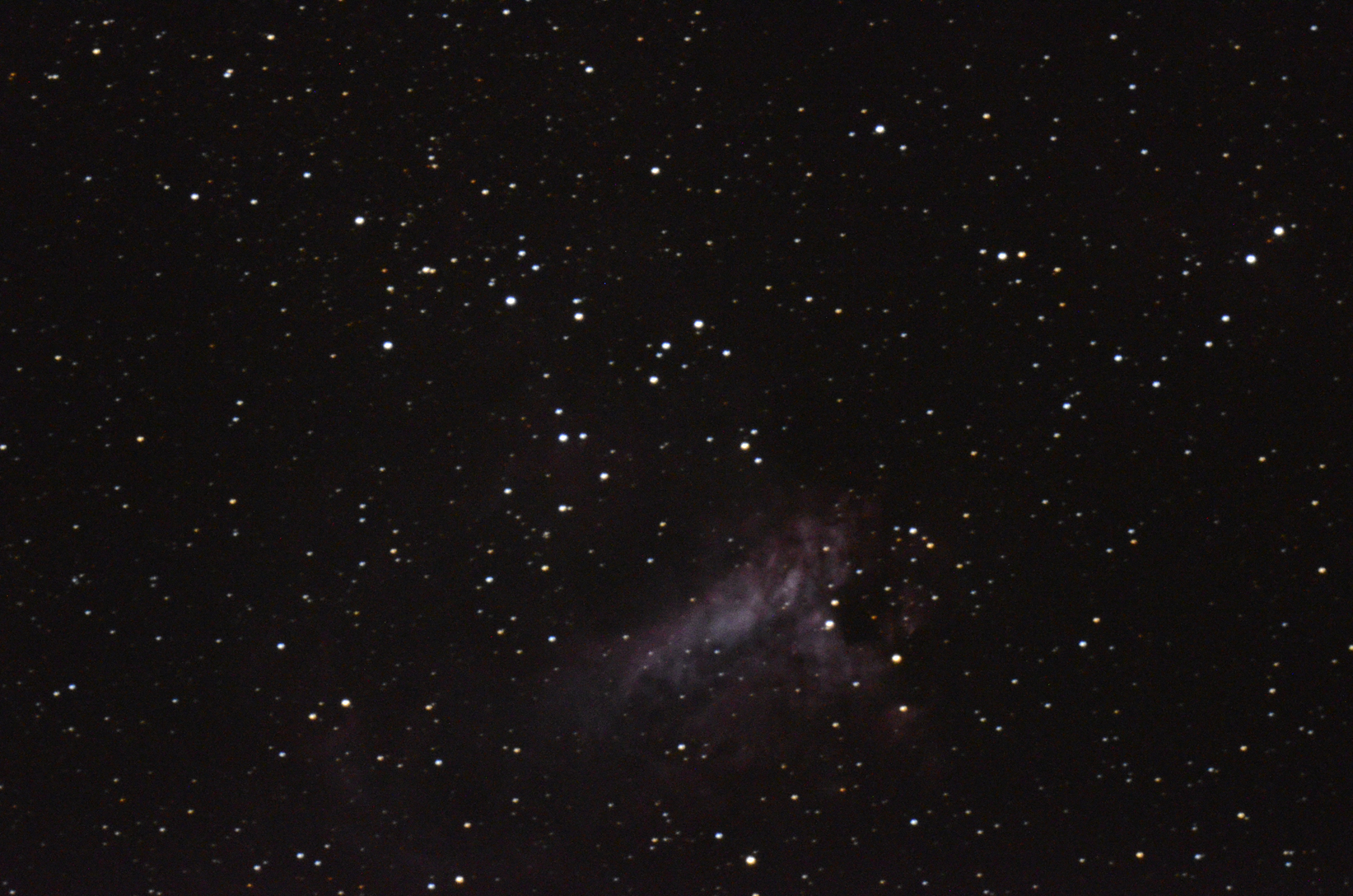
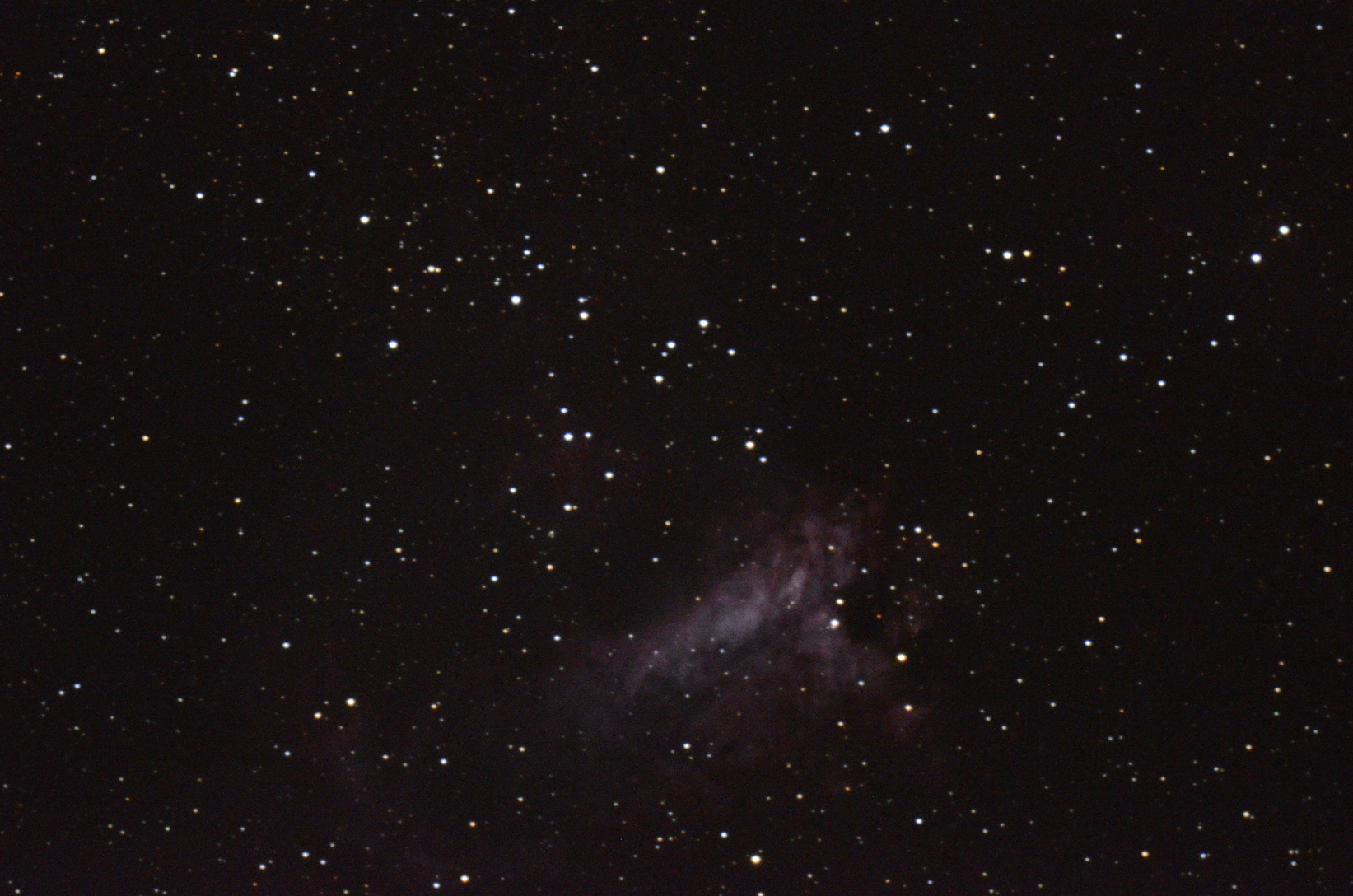
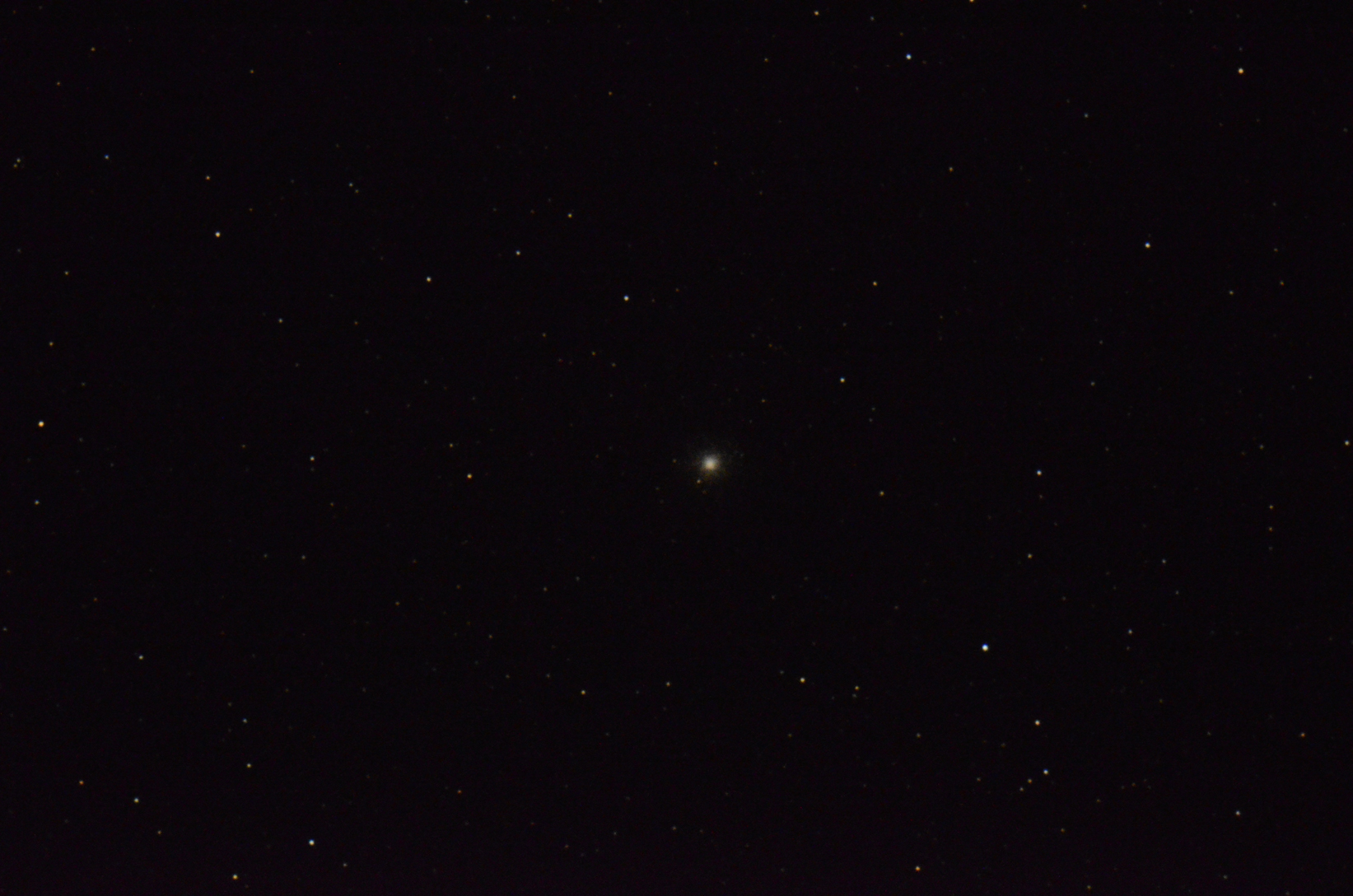
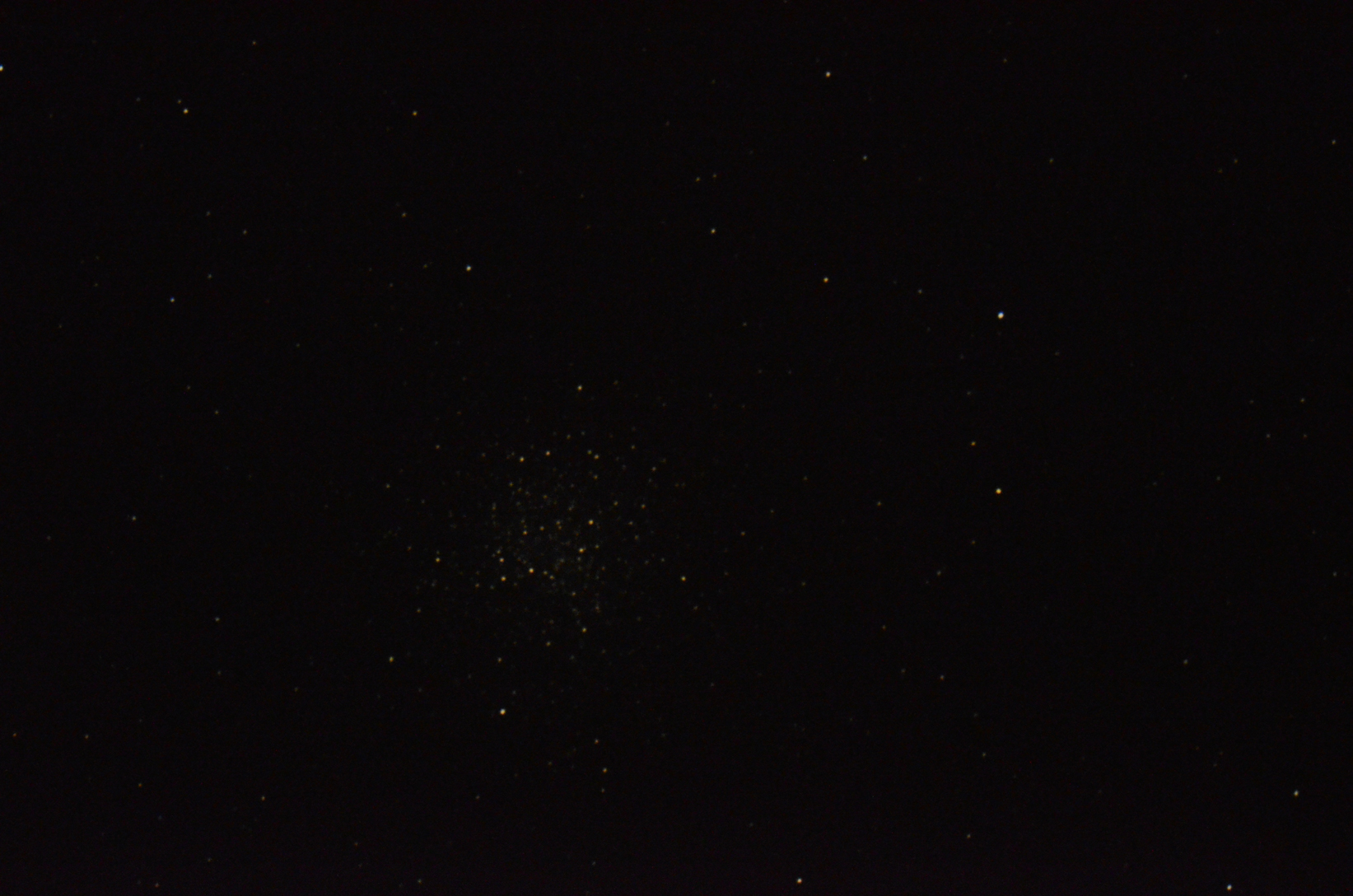
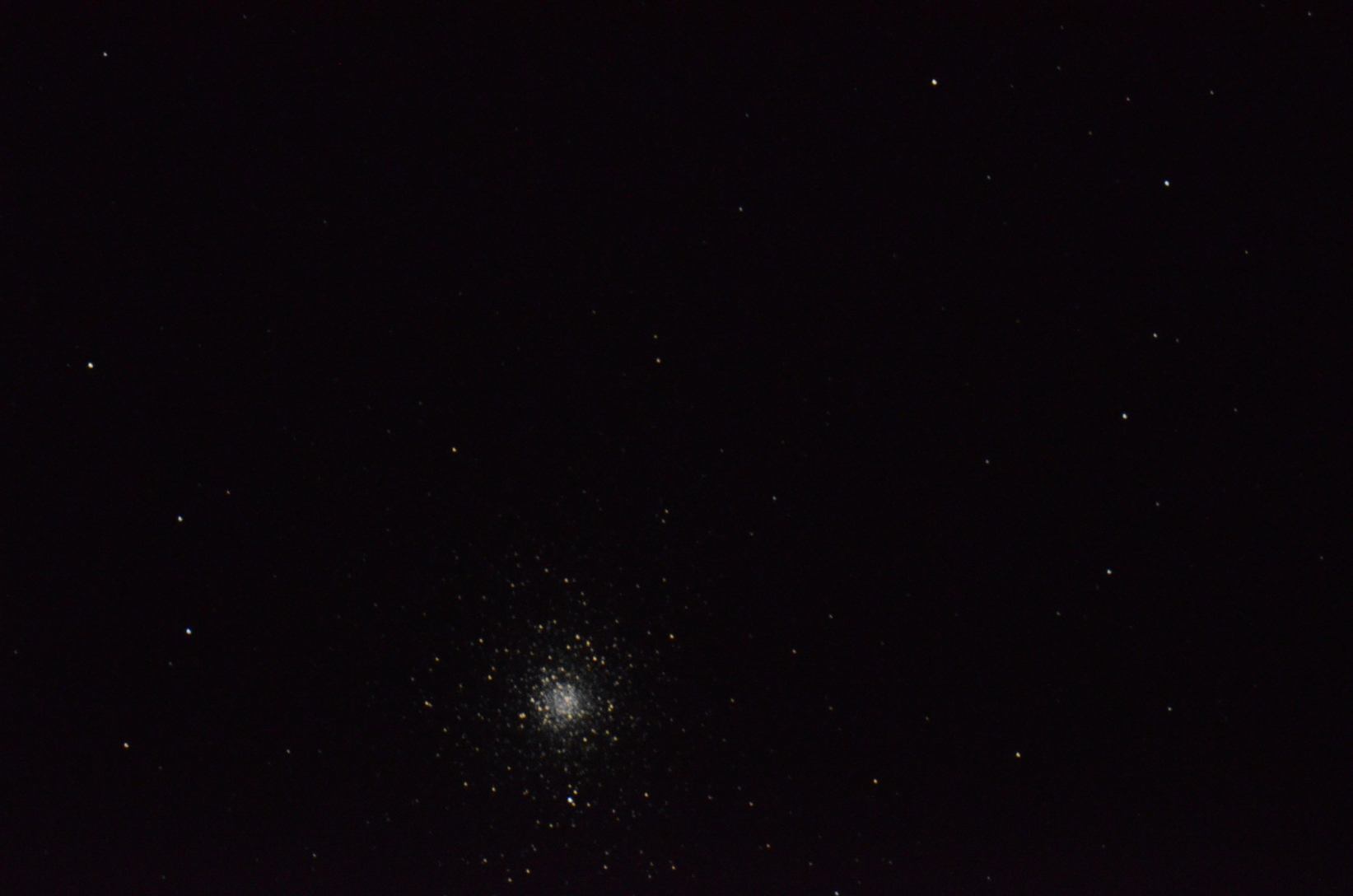
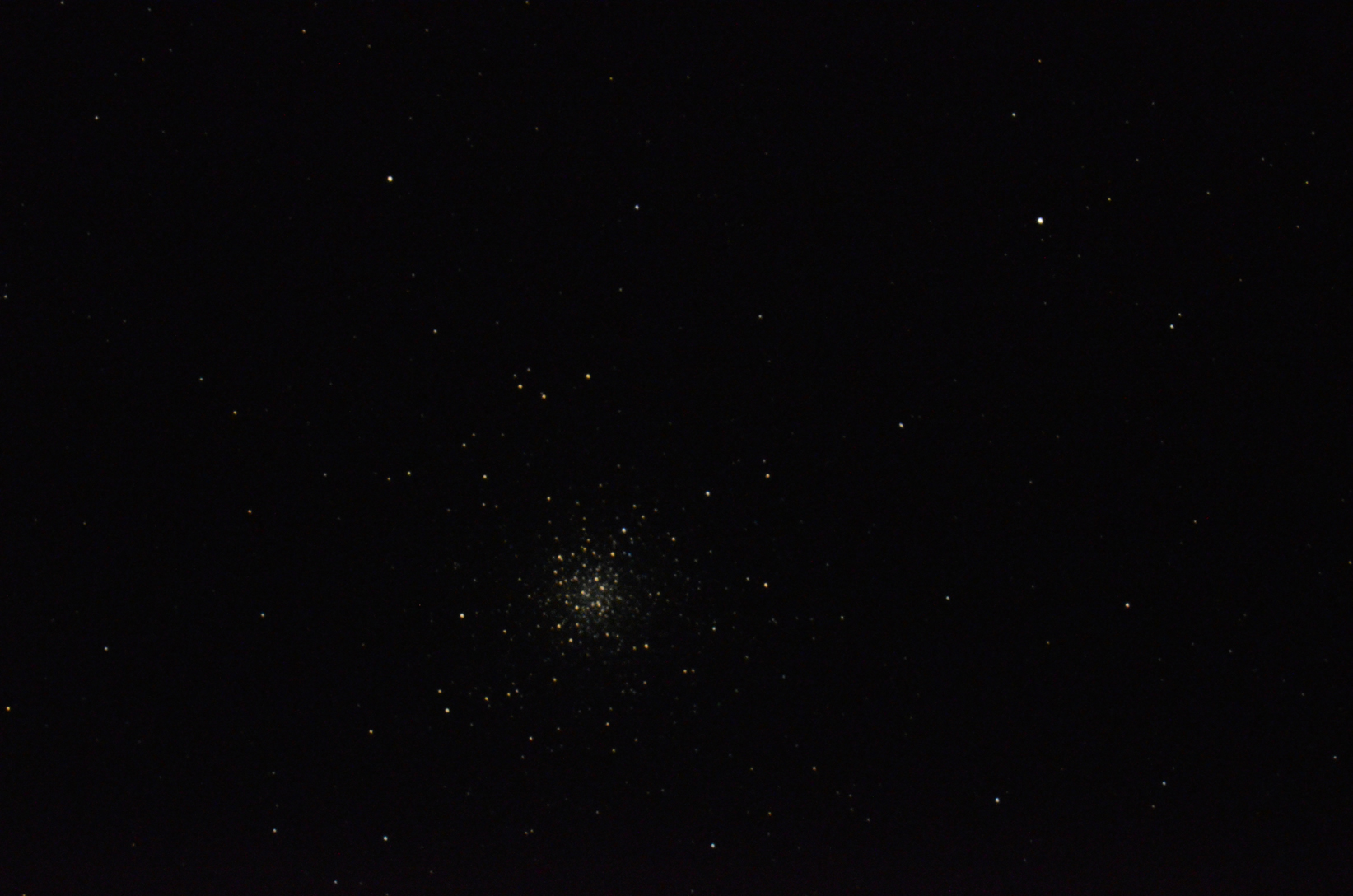
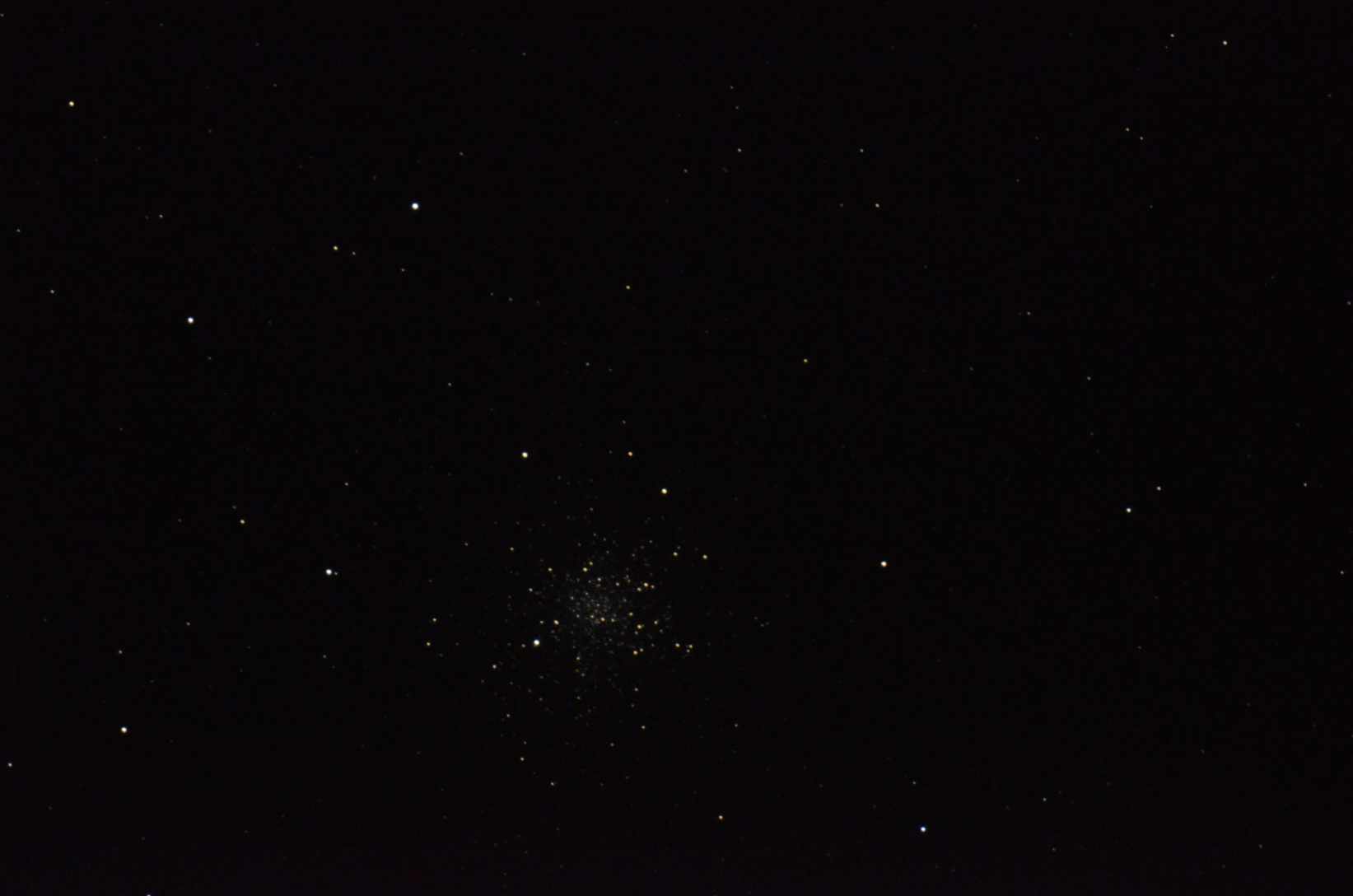
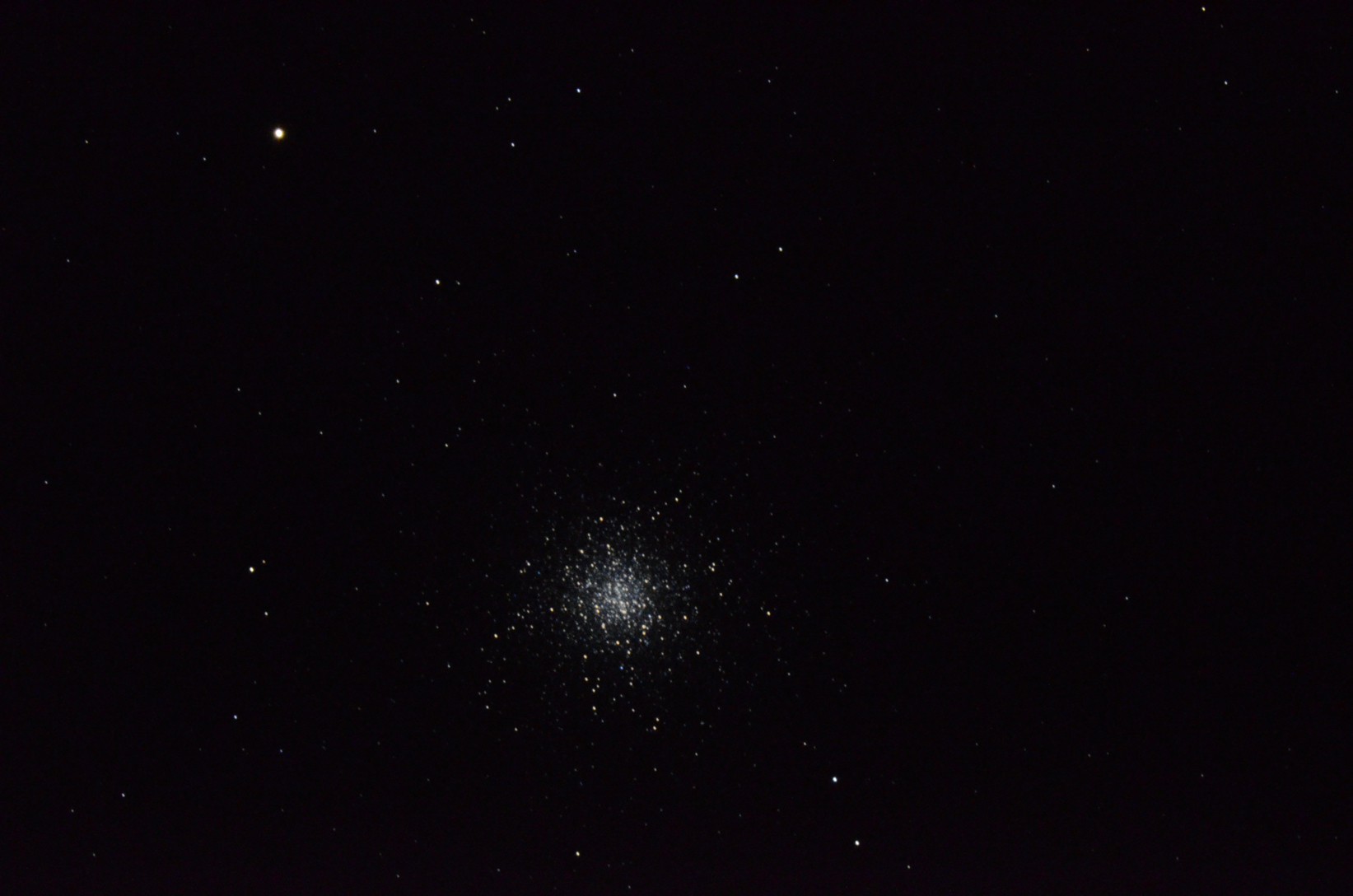
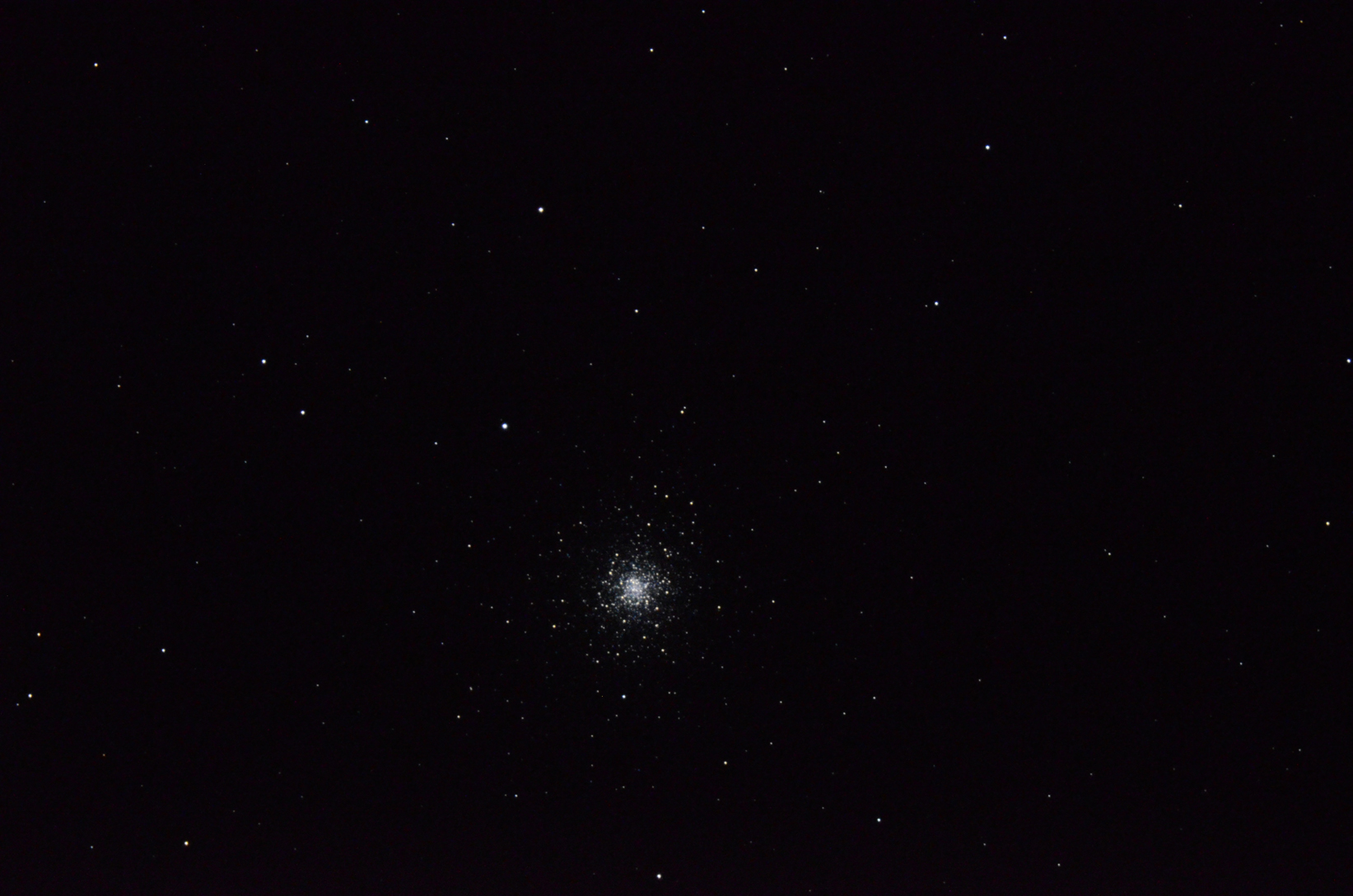
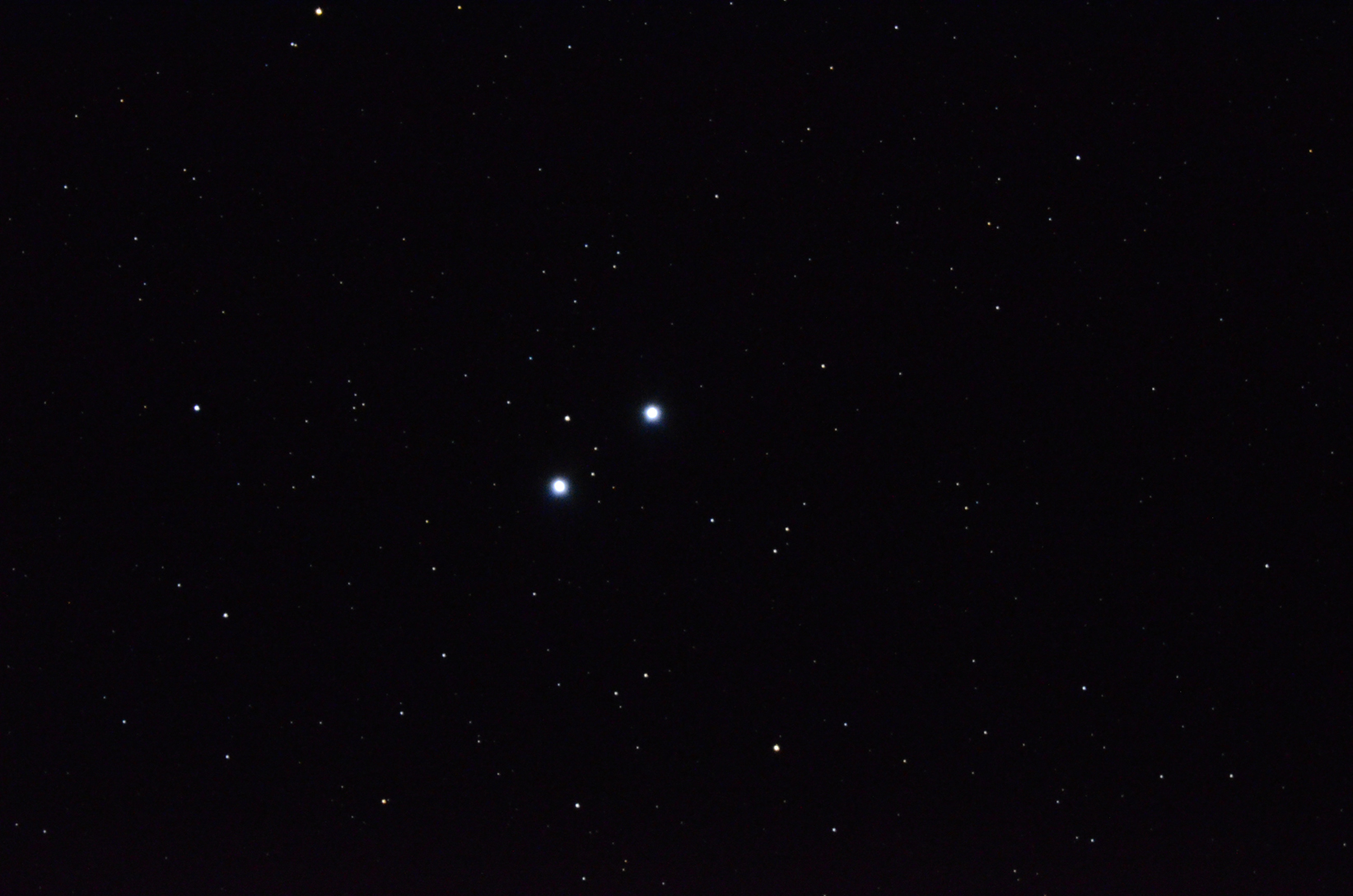
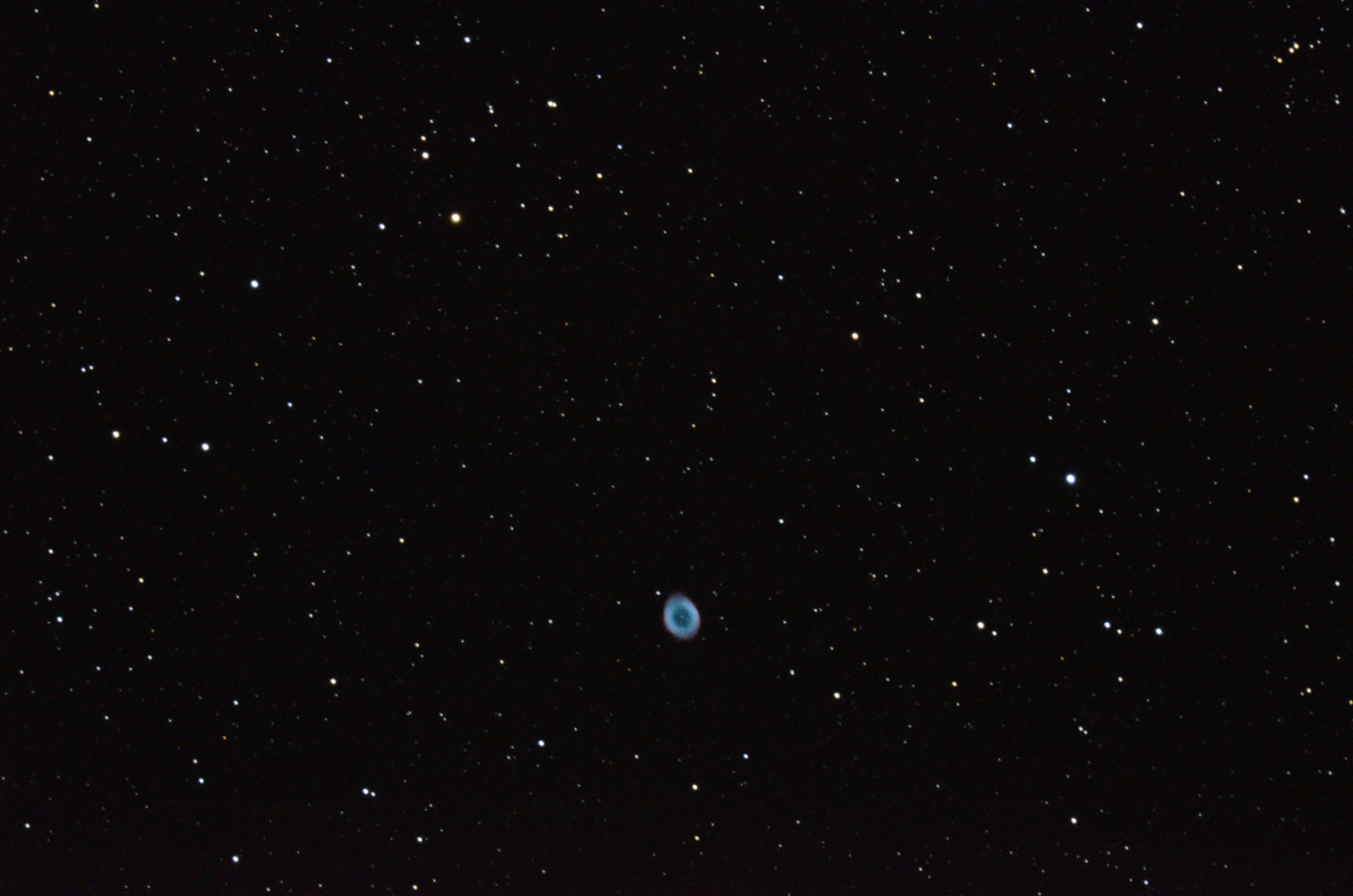
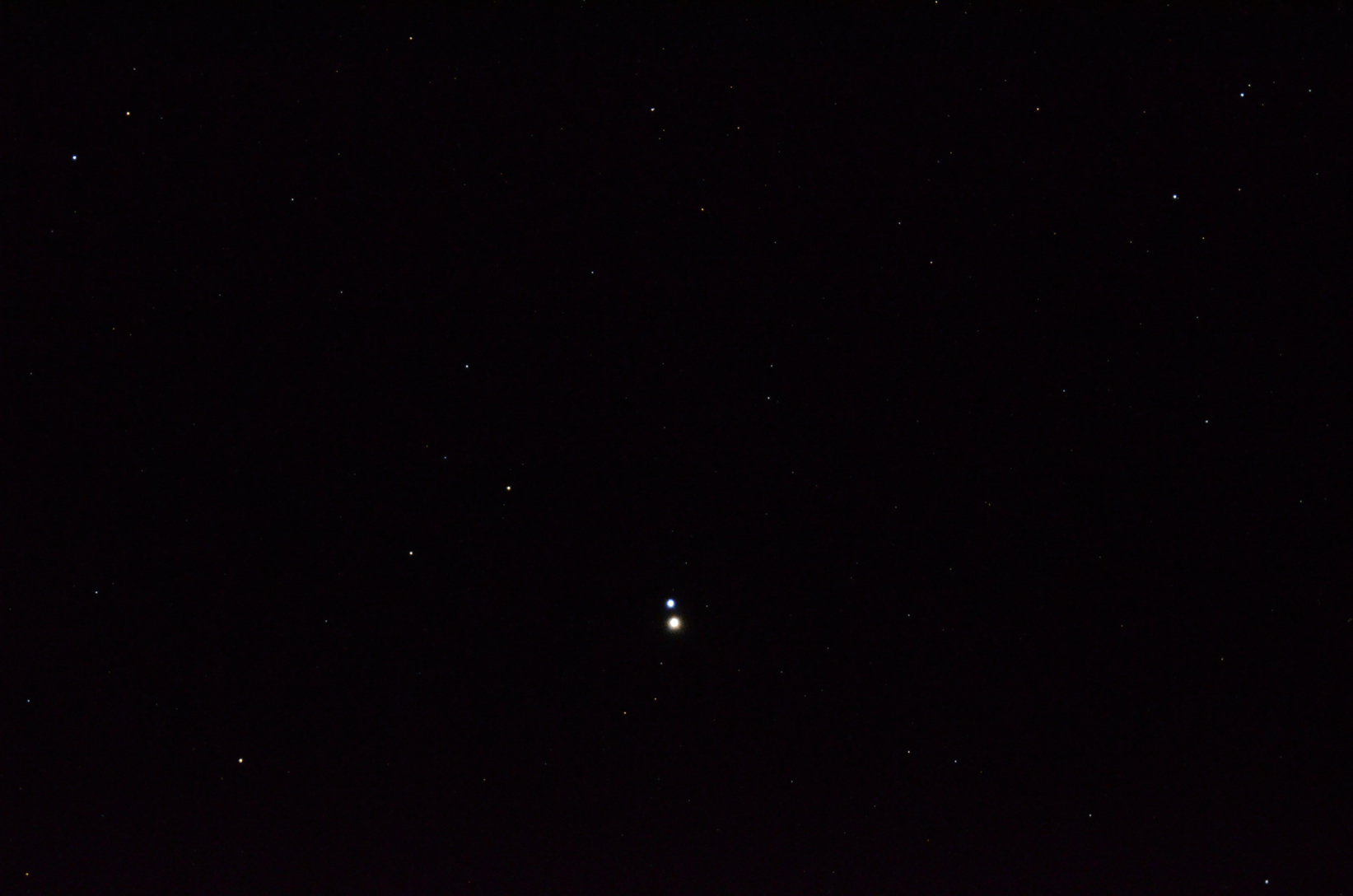
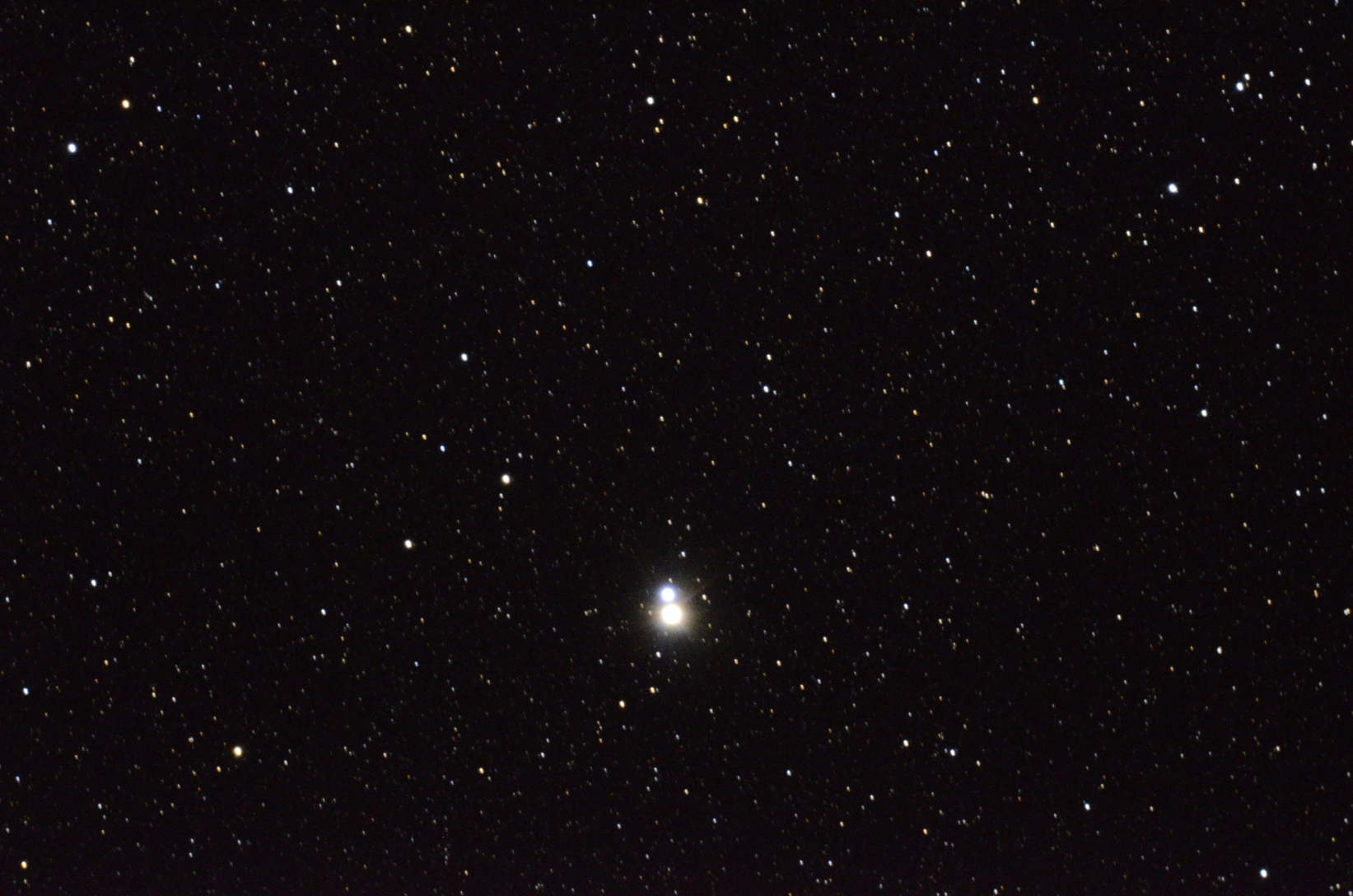
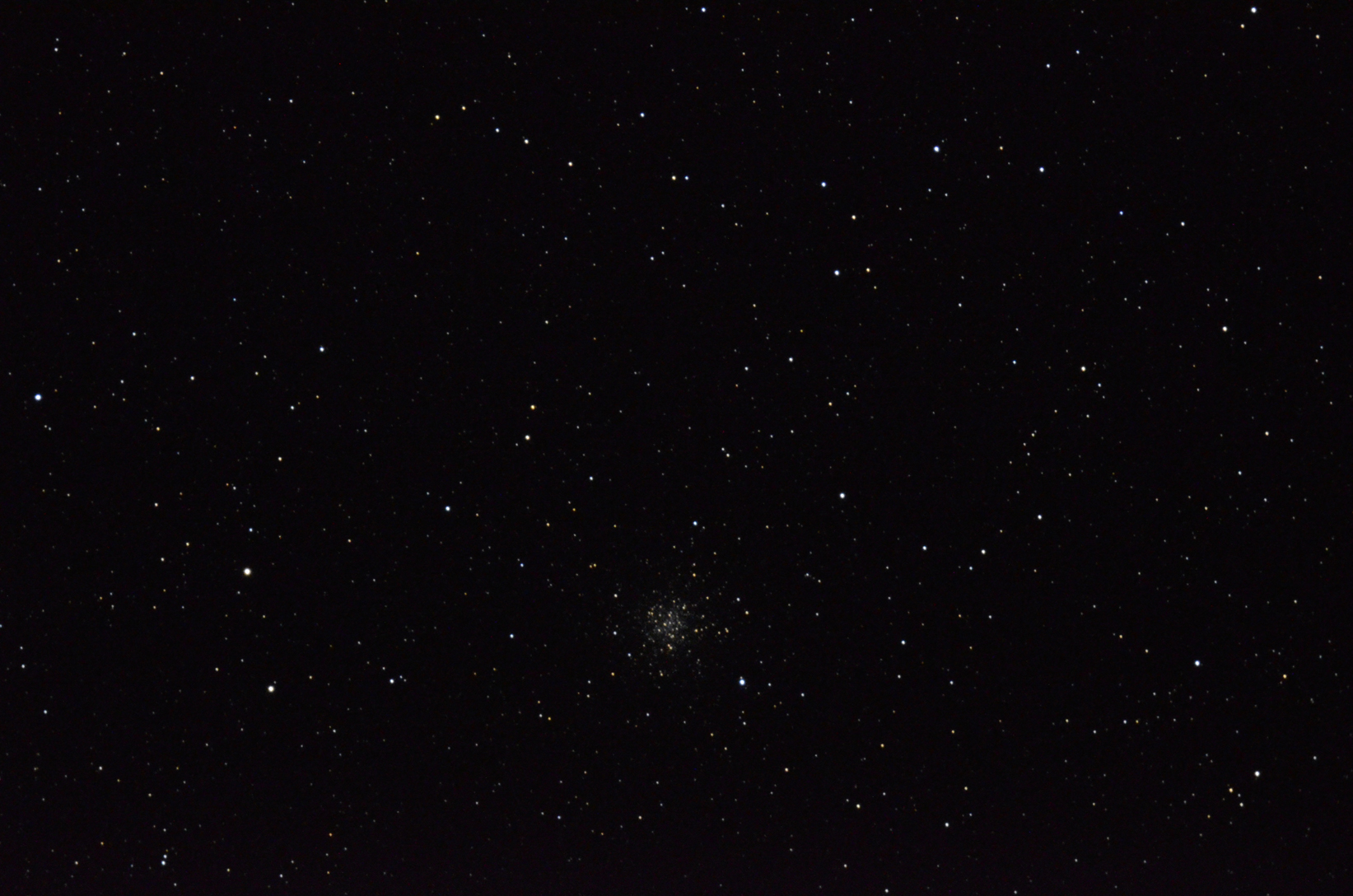
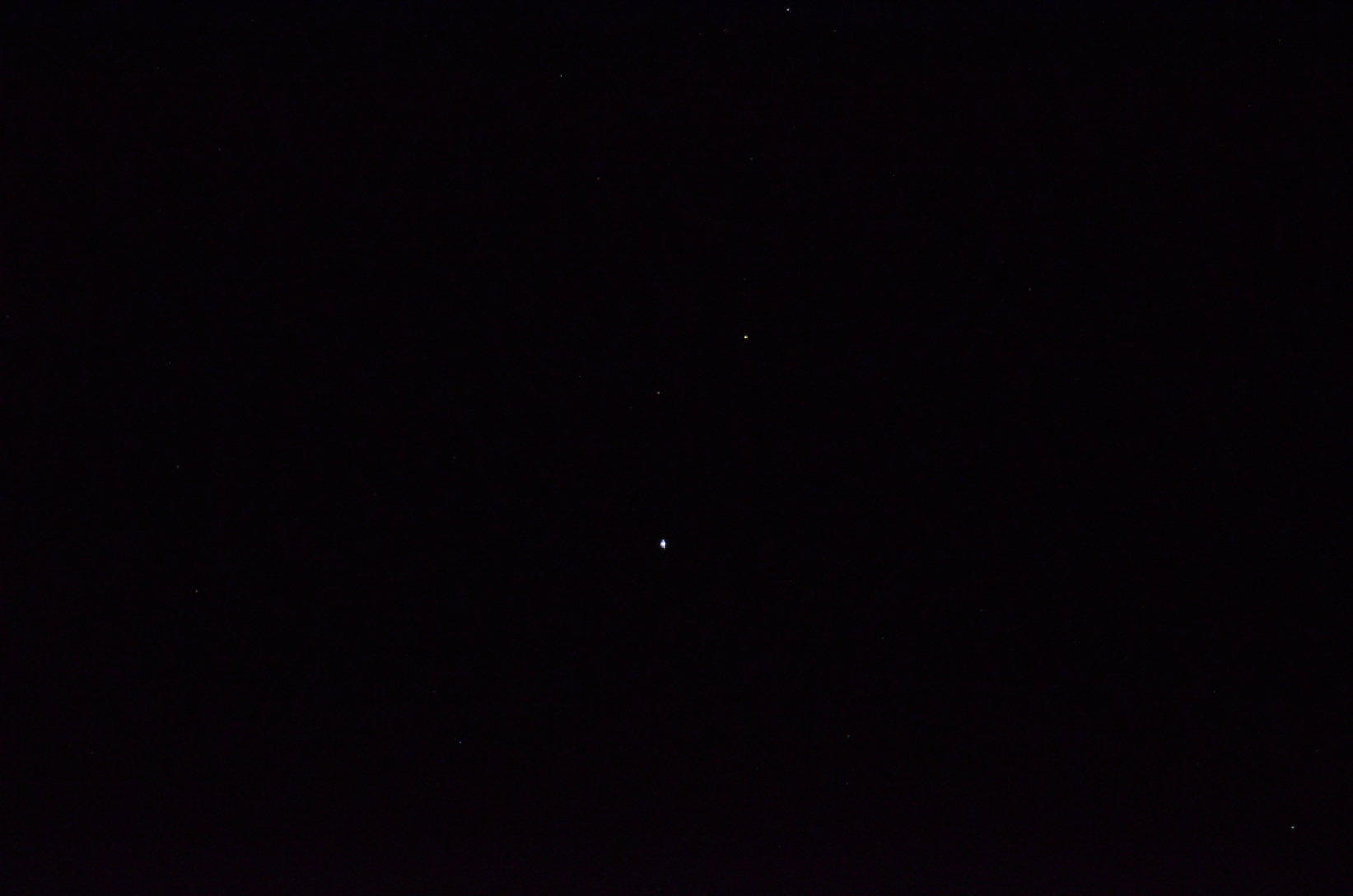
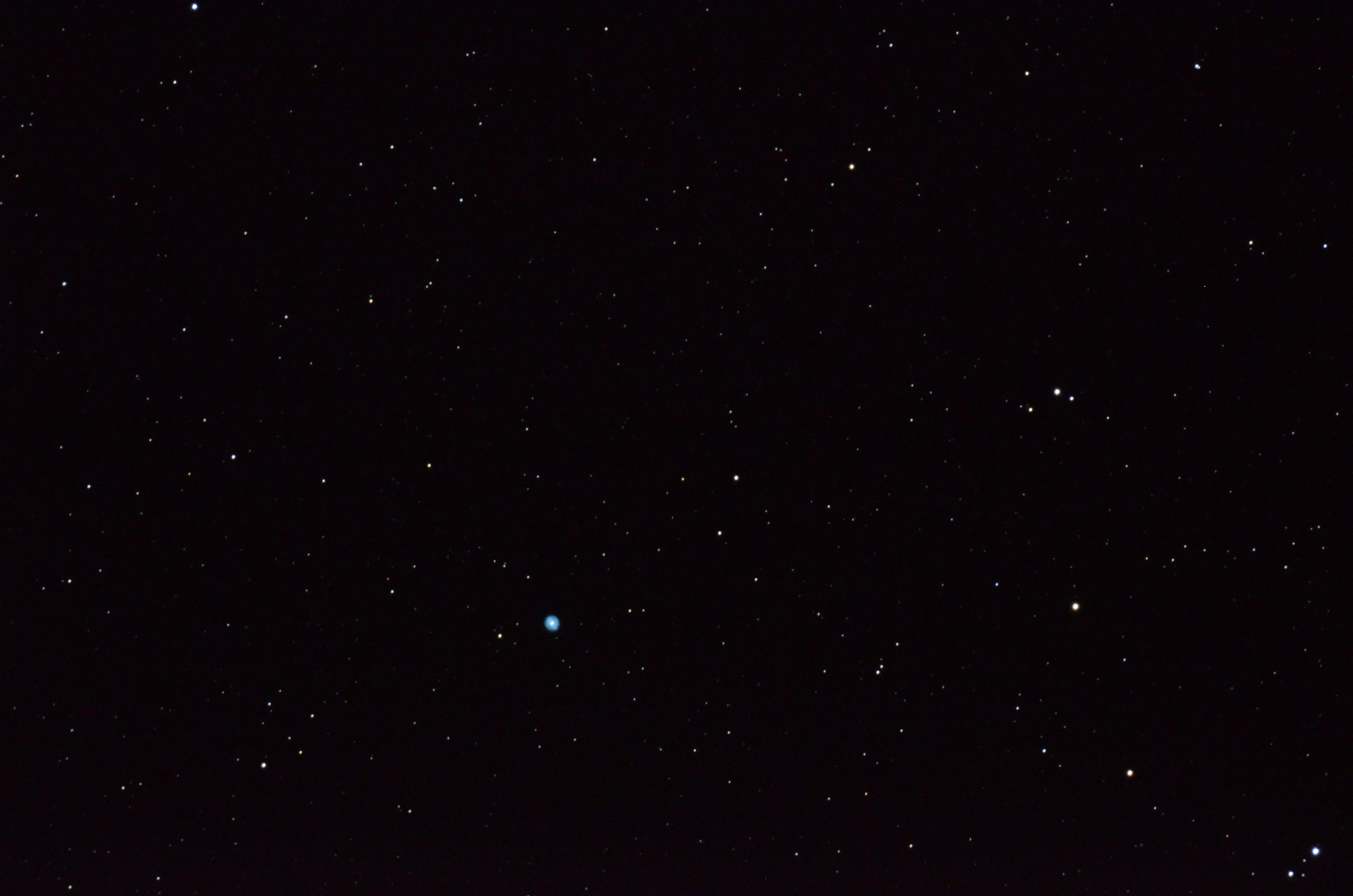
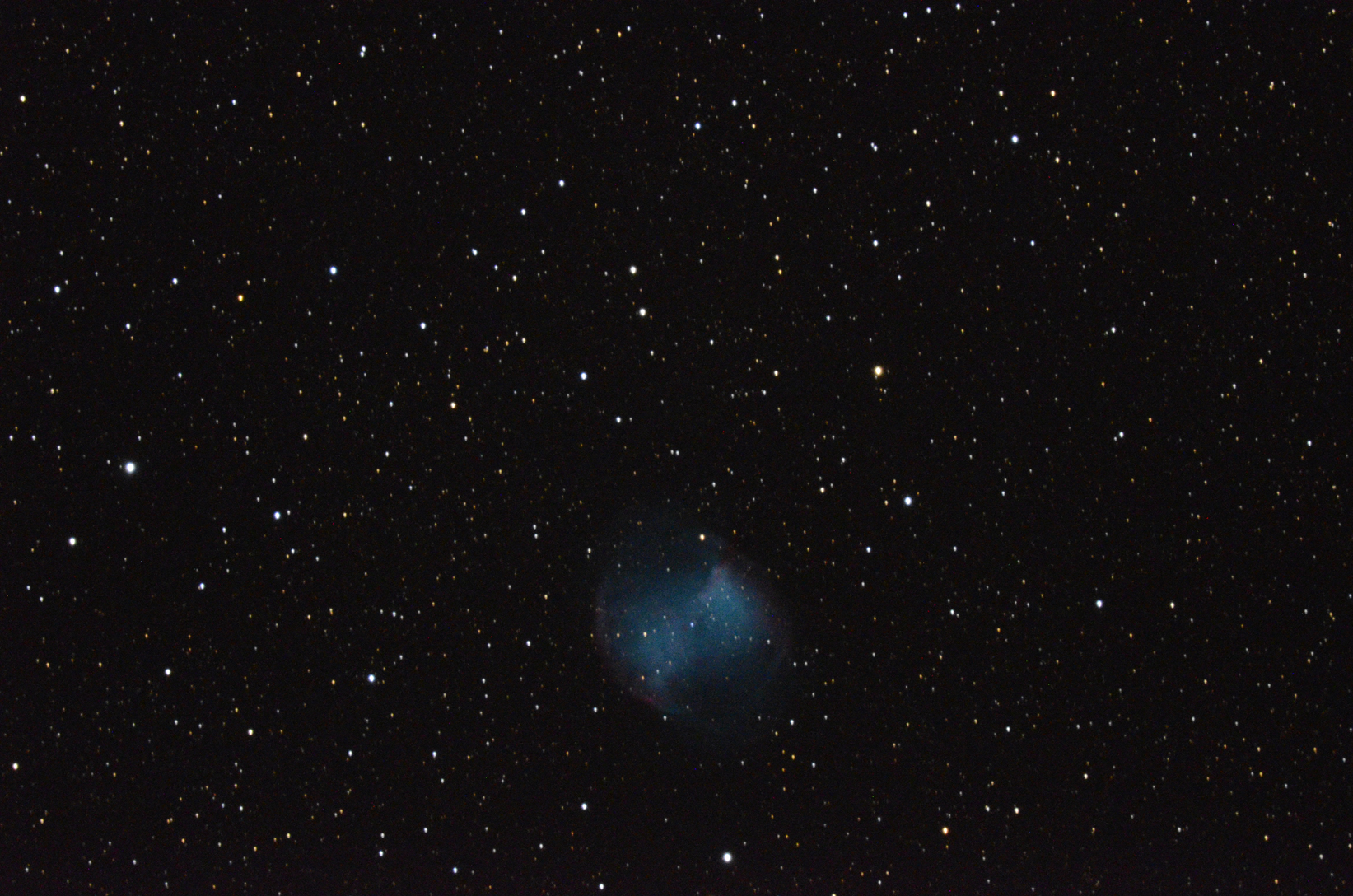
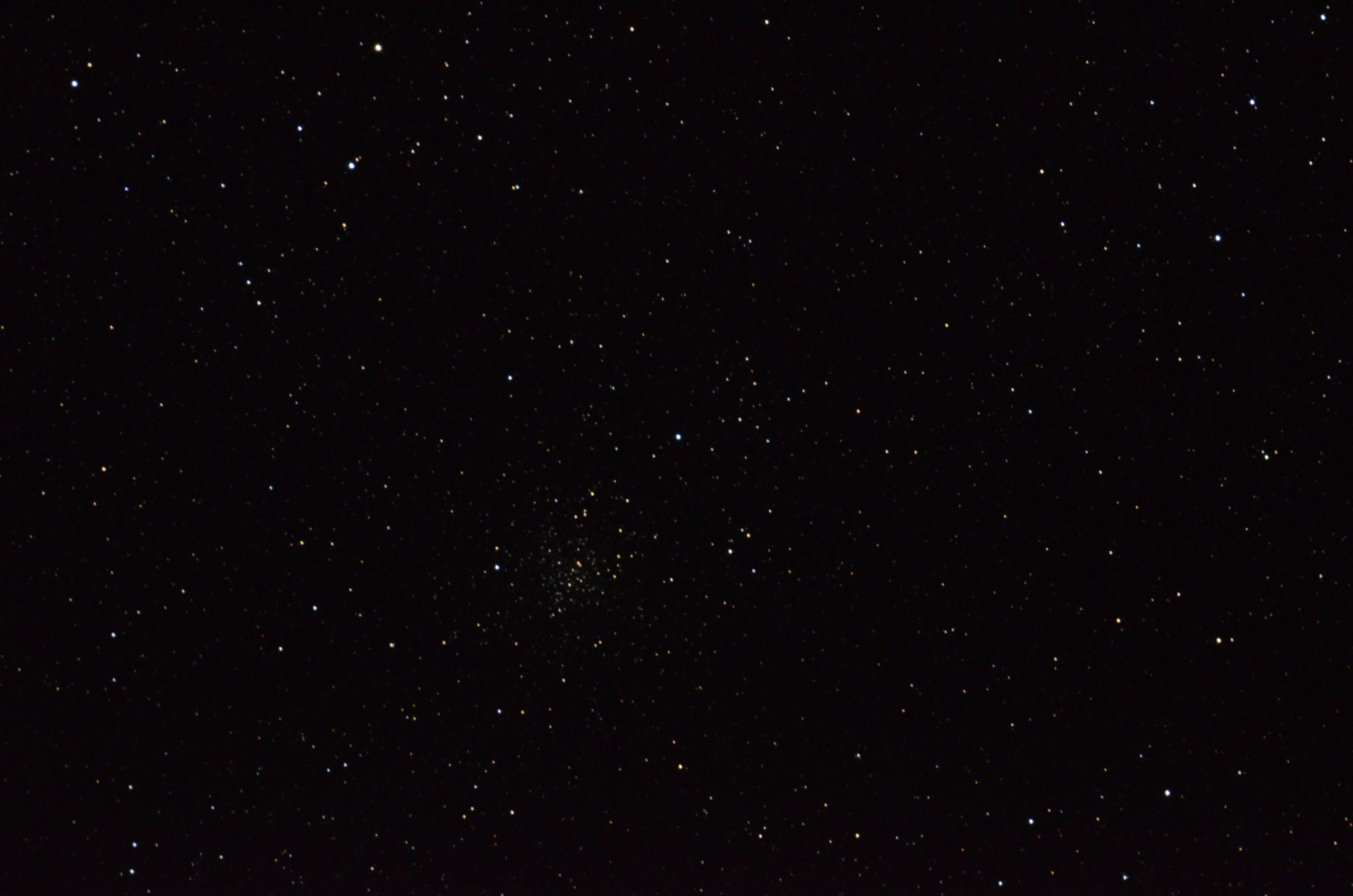
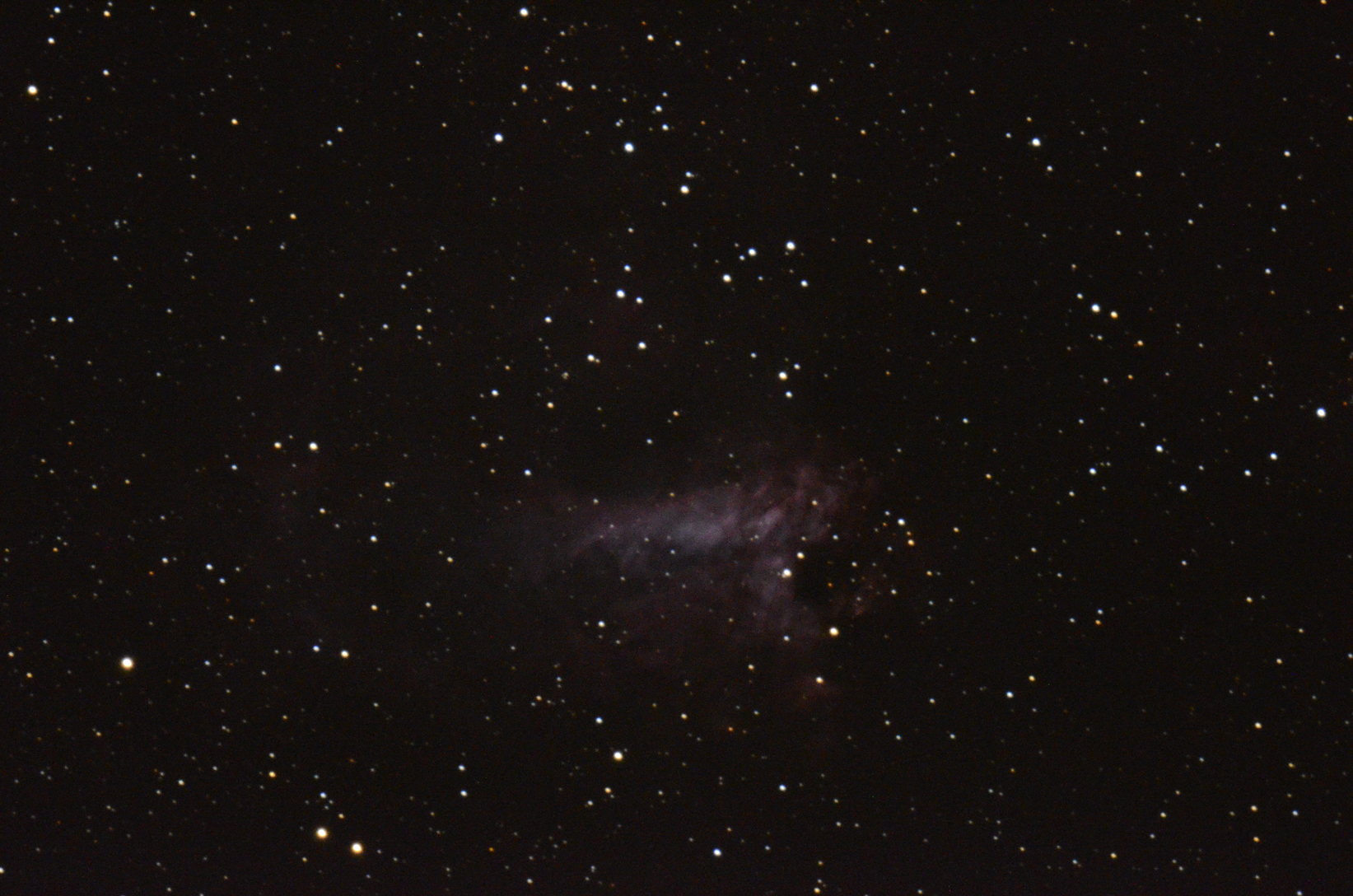
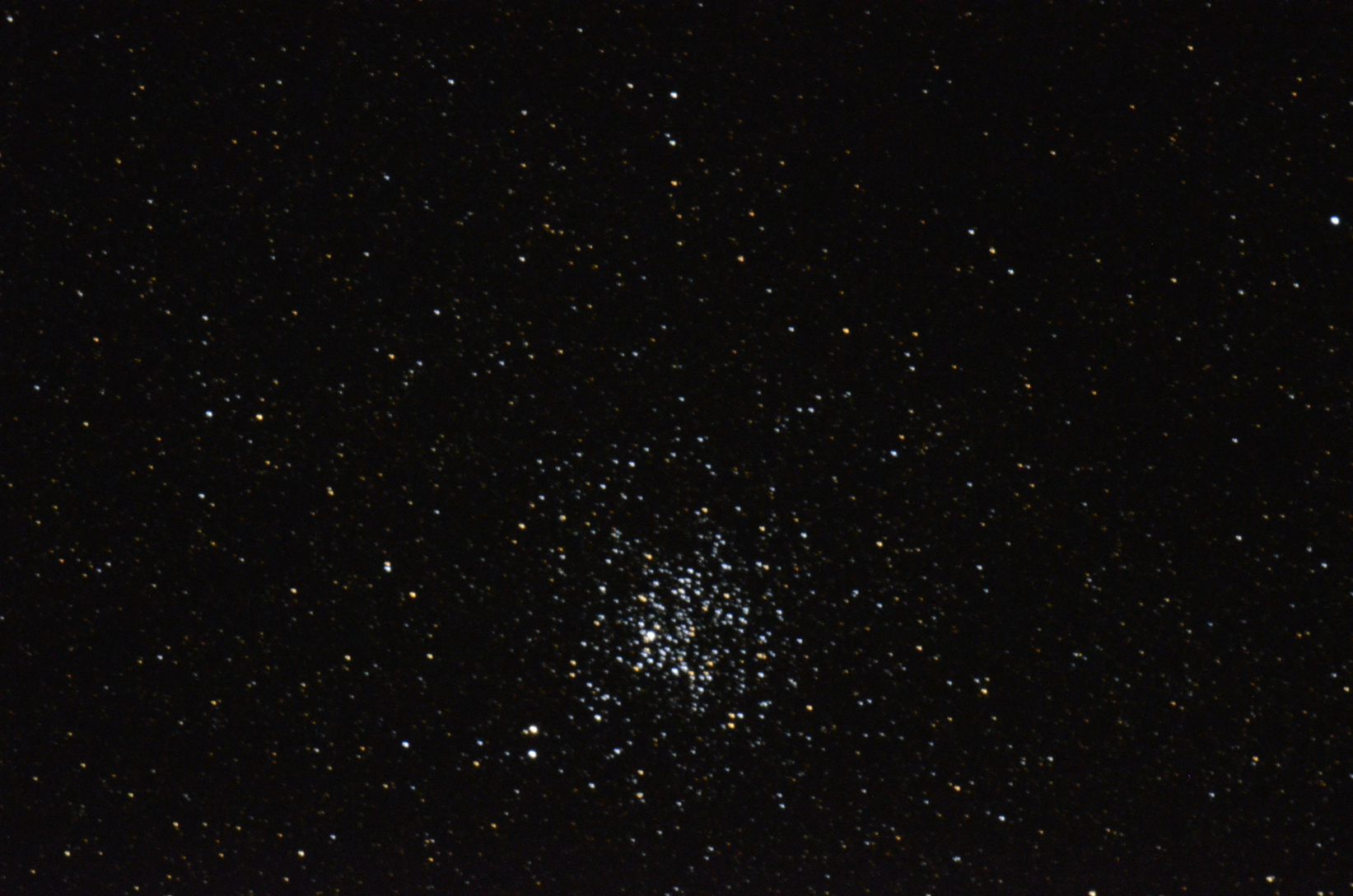
Pingback: Modeling Views Update | Imaging Saturn